To determine TIME’s annual list, we consider accolades across numerous fields, global impact through social media and overall ability to drive news. In the past, we’ve recognized everyone from singer Lorde to golf champion Lydia Ko to political activist Joshua Wong. Here’s who made this year’s cut (ordered from youngest to oldest):
Maddie Ziegler, 14
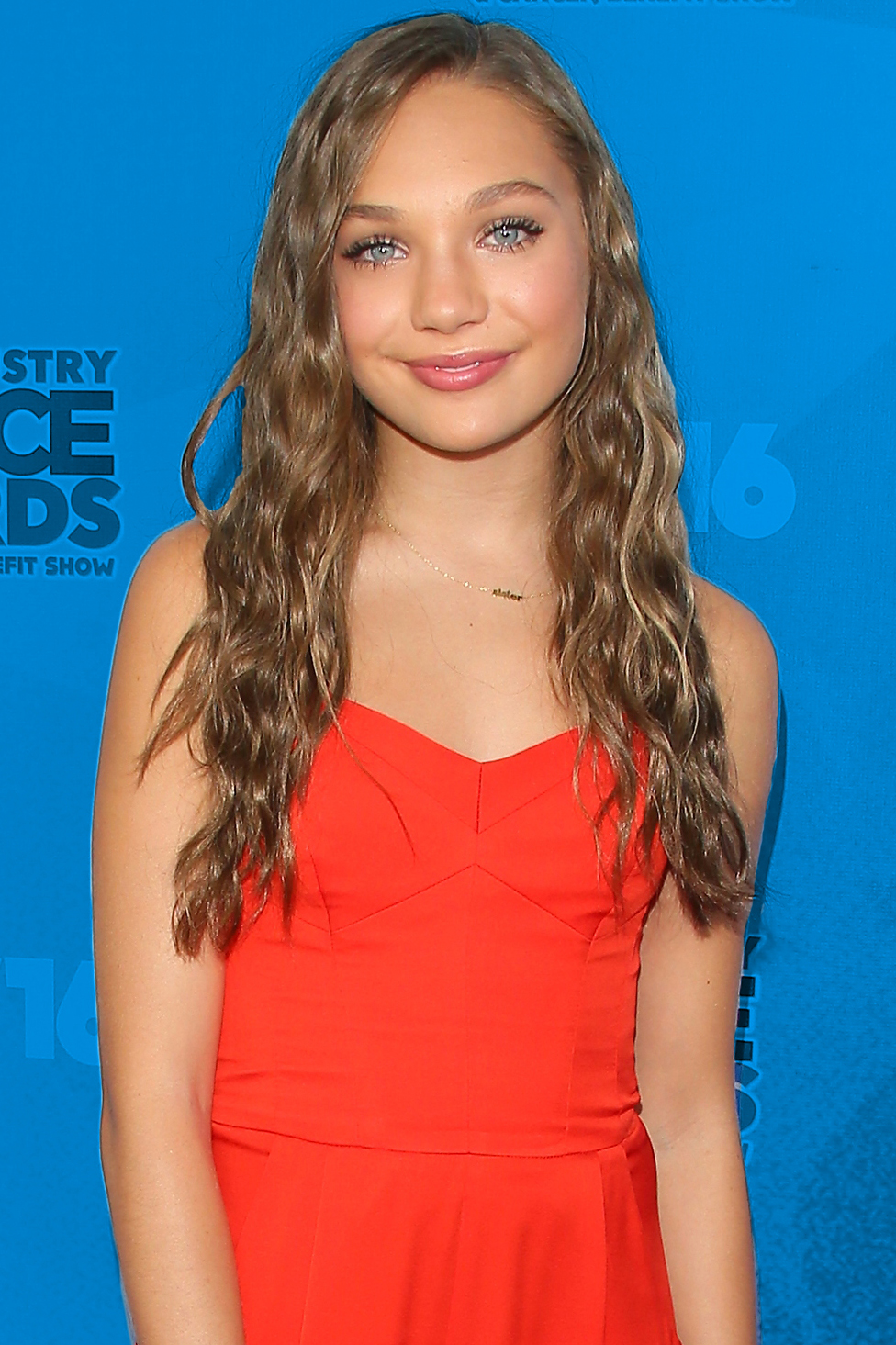
This Pittsburgh native is best known for dancing as pop star Sia’s alter ego on tour and in smash-hit videos like “Chandelier” and “The Greatest.” But Ziegler, who previously appeared on Lifetime’s reality hit Dance Moms, has ambitions beyond the dance world. In 2016, she launched her own clothing line, Maddie, and voiced a chracter in the upcoming animated movie, Ballerina (which also stars Elle Fanning). But Ziegler, who has been called the “first digital dance star,” remains committed to her craft: she recently became the youngest-ever judge on Fox’s So You Think You Can Dance. —Raisa Bruner
Skai Jackson, 14
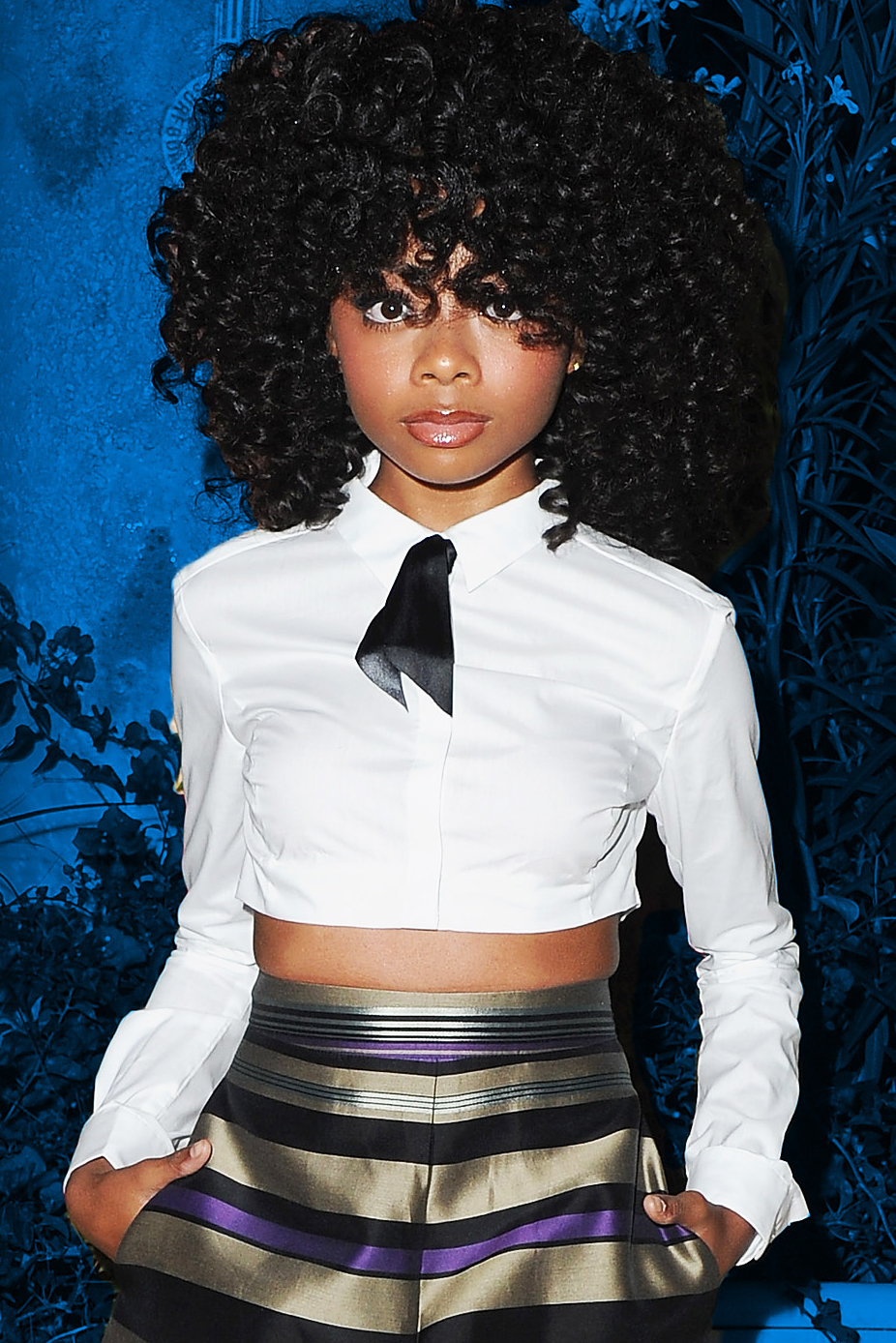
If you don’t watch the Disney Channel, you may not recognize Jackson’s name. But chances are you’ve seen her likeness, thanks to an image the model and Bunk’d star tweeted of herself sitting primly on a chair, which has since become an unstoppable Internet meme. Jackson quickly joined in on the joke, then used her newfound notoriety to be a force for good — speaking out against cyberbullying, for example, and shutting down notorious Twitter troll Azealia Banks. (“You don’t need to meet anyone else’s standards,” she told her followers during an interview with The Huffington Post shortly after. “Just live for you.”) How fitting, then, that a comic-book artist recently revealed that Jackson was the inspiration for Marvel’s new hero, Riri Williams. —Cady Lang
Logan Guleff, 14
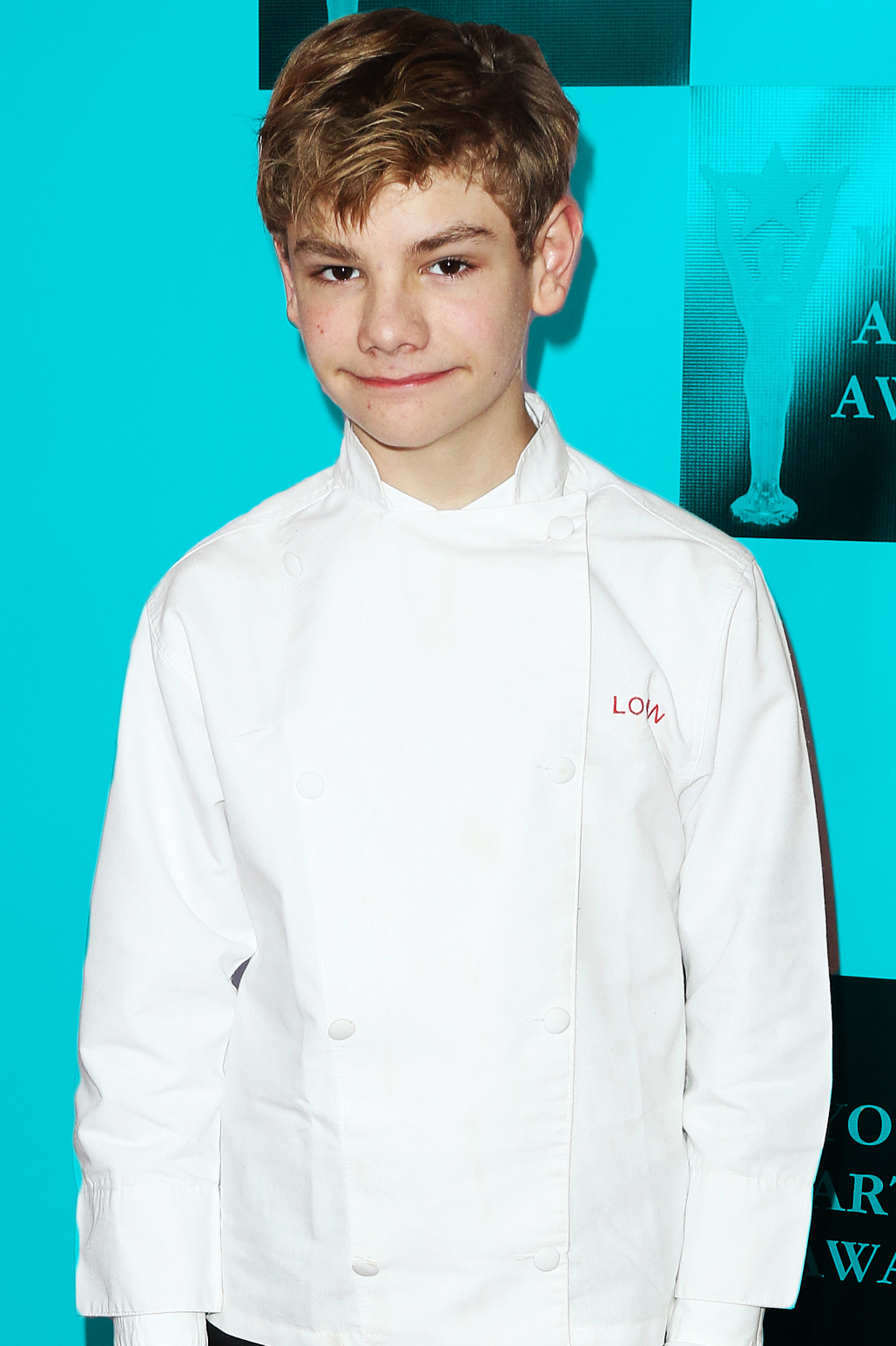
Since appearing on The Today Show at the age of 9 to demonstrate a recipe he submitted to JIF’s Most Creative Sandwich Contest, the 2014 MasterChef Junior champion has become a rising star in the culinary world. This year, he was named Southern Living‘s Best New Southern Cook and earned a spot on Fortune’s 18 Under 18 list; he’s also the youngest certified judge for the World Championship Barbecue Cooking Contest in Memphis and the youngest chef to cook at the historic James Beard House in New York City. But Guleff’s talents aren’t confined to the kitchen: his entrepreneurial ventures include a line of hand-blended spices called Logan’s Rub and a soon-to-be-released cookbook. —Megan McCluskey
Gaten Matarazzo, 14
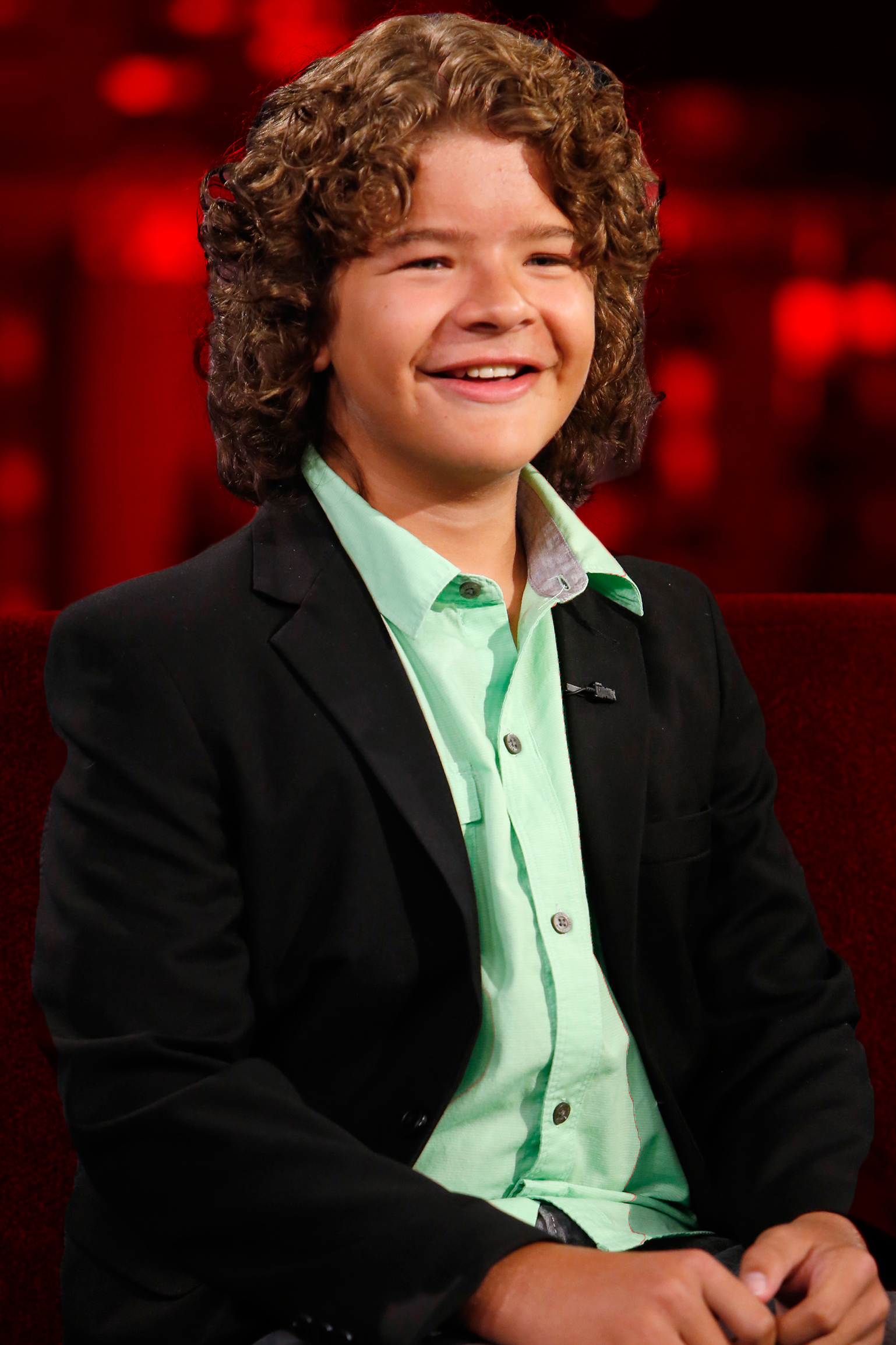
The charismatic star of the Netflix hit Stranger Things earned raves for his portrayal of nerd-hero Dustin, who—like Matarazzo—speaks with a lisp, a condition rarely seen onscreen. (Matarazzo was born with a mild case of cleidocranial dysplasia, which stalled the development of his teeth.) But instead of shying away, he seized the opportunity to speak out. And he’s since become, as he puts it, the voice of a “one-in-a-million” condition, and an advocate for self-acceptance. “People tell me I’m like everybody else, but people who have [cleidocranial dysplasia] know they’re different,” he says. “I want them to know there’s no problem being different.” —Ashley Hoffman
Sasha Obama, 15, and Malia Obama, 18
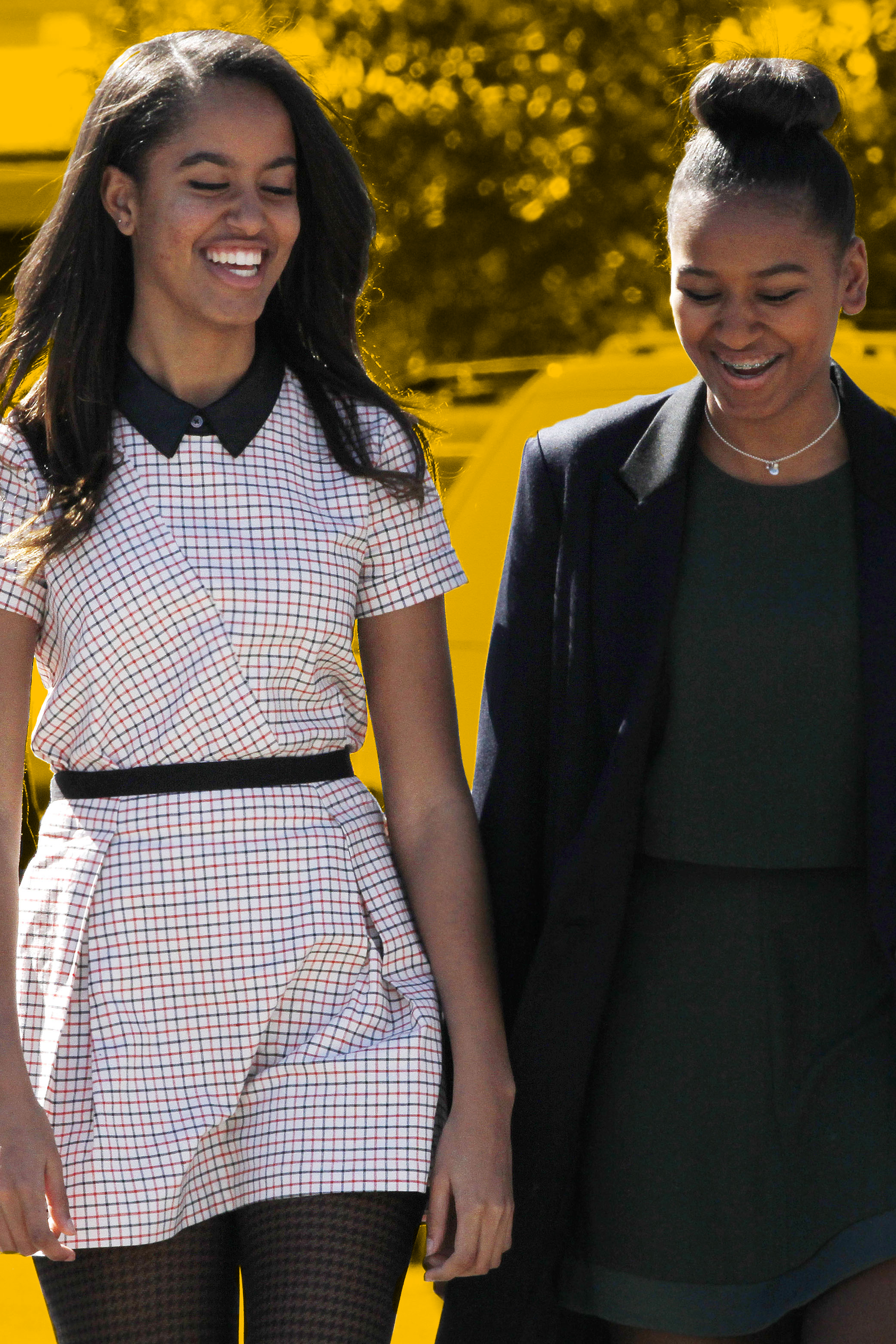
Although they don’t give official interviews or make frequent public appearances, President Obama’s daughters are widely considered budding American icons. This year alone, Sasha helped her mom, Michelle, promote women’s education in Liberia and Morocco, Malia put gap years on the map in the U.S. after opting to delay her first semester at Harvard, and both girls made headlines for (among other things) their universally relatable reaction to meeting Ryan Reynolds. More importantly, though, Sasha and Malia — by virtue of their poise, intellect and general aura of coolness — have become role models, especially for the many young black women who praise them on social media using hashtags like #BlackGirlMagic. —Megan McCluskey
Rachel Zietz, 16
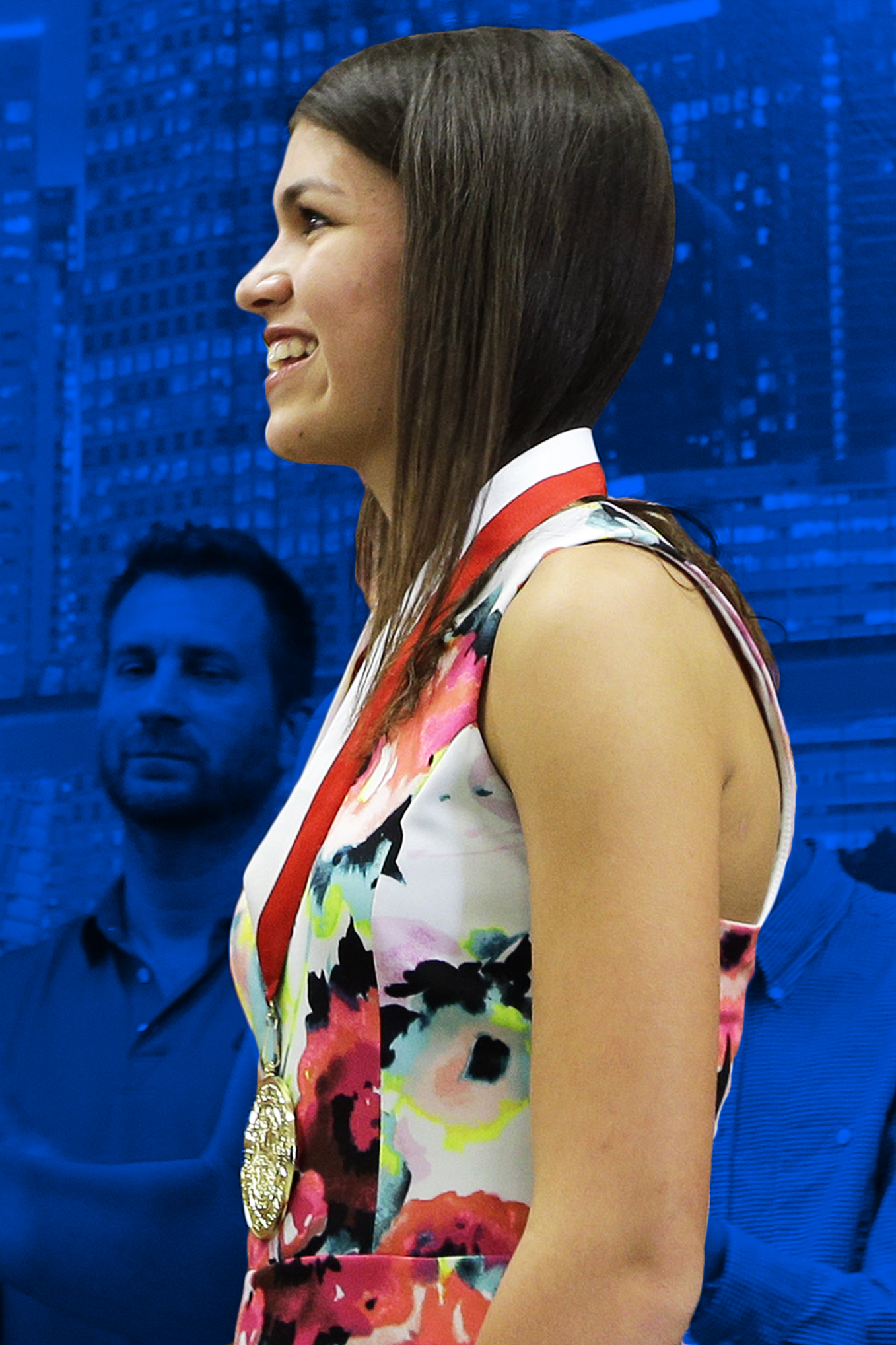
Four years after founding her own high-end lacrosse equipment company, Gladiator Lacrosse, the Boca Raton, Fla.,-based entrepreneur says she’s on track to exceed $2 million in sales this year—and hit $10 million by 2017. (The gear is now available online, and will soon be sold in many Dick’s Sporting Goods stores.) But Zietz, who has appeared on ABC’s Shark Tank, isn’t slowing down. She’s now working with a team to develop a new piece of headgear for lacrosse players designed to prevent concussions, all while finishing high school. “There’s no such thing as balancing your time,” she says. “It’s really just prioritizing your time in an effective manner.” —Lisa Eadicicco
Laurie Hernandez, 16
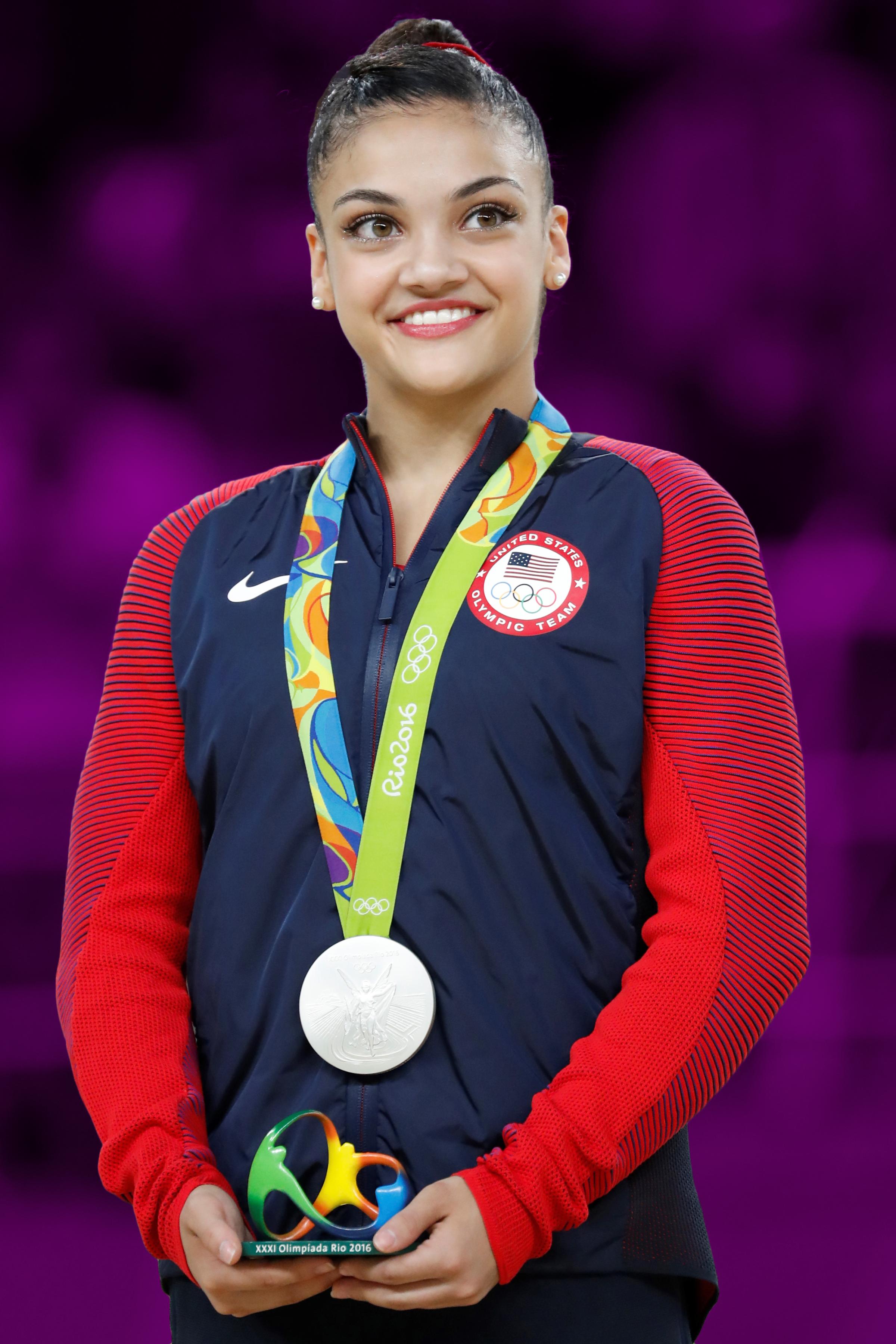
Growing up, Hernandez rarely saw Latina girls like her at the gym, tearing down the vault run or tackling the balance beam. “There weren’t a lot of Hispanic role models,” she recalls, “especially in gymnatics.” Still, she didn’t think much of it—until she became one. Three months after winning Olympic gold alongside her Final Five teammates (and an individual silver), Hernandez is emerging as a star in her own right, signing an endorsement deal with Crest and crushing competitors on ABC’s Dancing with the Stars. But the most meaningful reward, she says, comes during meet-and-greets with fans, particularly from Hispanic families. “They say, You made Latinas proud! and that hits me hard,” she says. “It helps me realize that I’ve done something bigger than just gymnastics.” —Alice Park
Kiara Nirghin, 16
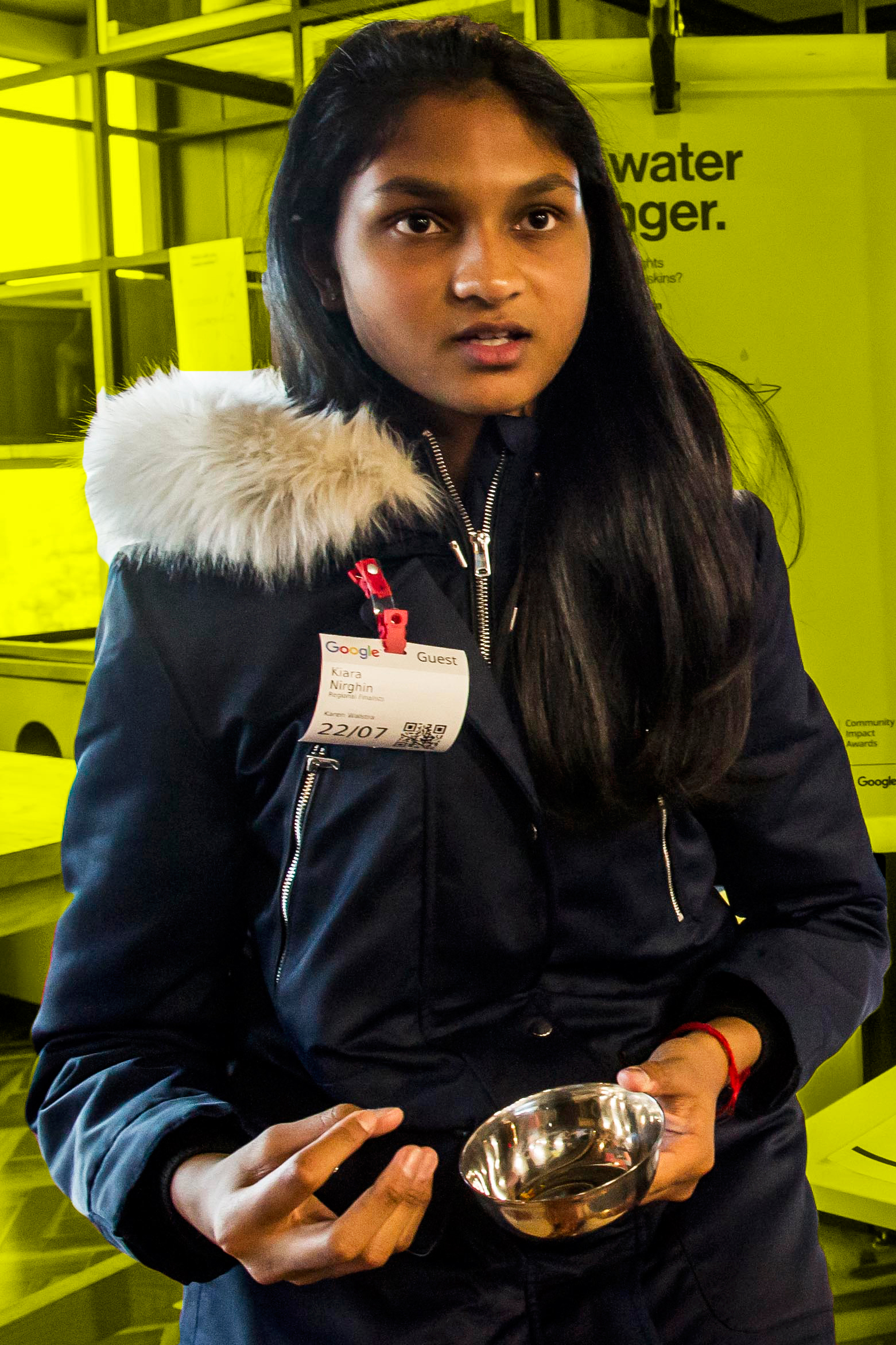
How do you keep crops alive during a drought? For Nirghin, who lives in South Africa (which tallied just 66% of its average rainfall last year), the answer came from an unexpected place: her kitchen. The aspiring scientist had set out to create a superabsorbant polymer (SAP) that could be sprinkled over dirt to make it retain massive quantities of water, much like diapers do. But she wanted it to be cheaper and more eco-friendly than more traditional options, which contain chemicals like acryllic acid. So she turned to nature—specifically, avocados and oranges, whose peels, Nirghin discovered, can be turned into an SAP by applying a certain amont of UV light and heat. Her experiment won top honors at this year’s Google Science Fair (“It was very unexpected—I was so excited,” she recalls), and Nirghin says she hopes to develop it for commercial use, so that any country can use it during a dry season. —Alexandra Sifferlin
Chloe Kim, 16
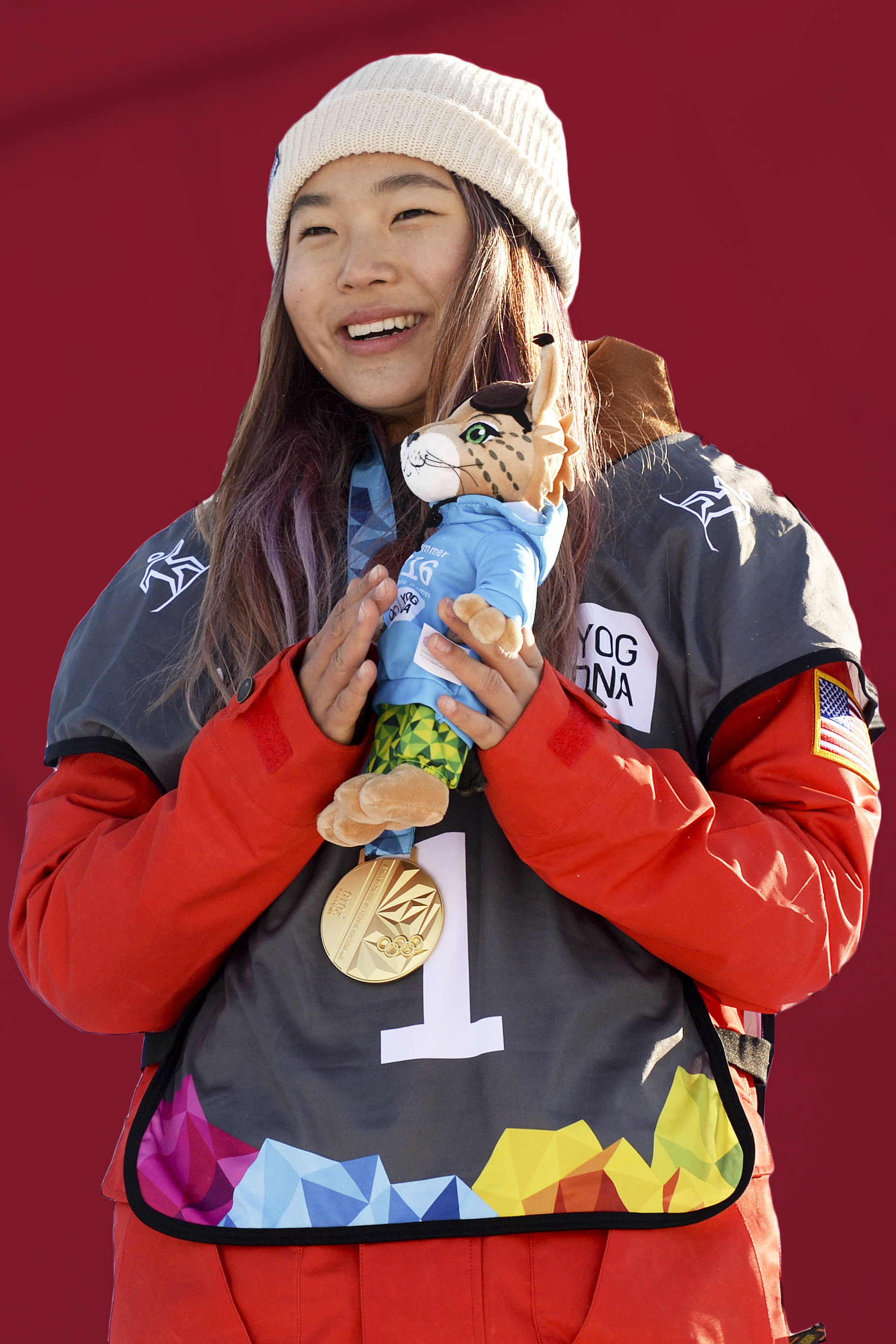
For Kim, 2016 has been a record-breaking year. In February, the American snowboarder became the first person under 16 to win three gold medals at the X-Games. That same month, in the Women’s SuperPipe event at the U.S. Grand Prix, she became the only woman to ever land back-to-back 1080s, considered the sport’s toughest trick. (She scored a perfect 100.) And then, at the Winter Youth Olympics, she became the first American woman to win two snowboarding gold medals. Now the “Queen of the Snow,” as dubbed by Sports Illustrated, is a favorite to join the U.S. team in the 2018 Olympics in South Korea, where her parents emigrated from. —Ashley Hoffman
Yara Shahidi, 16
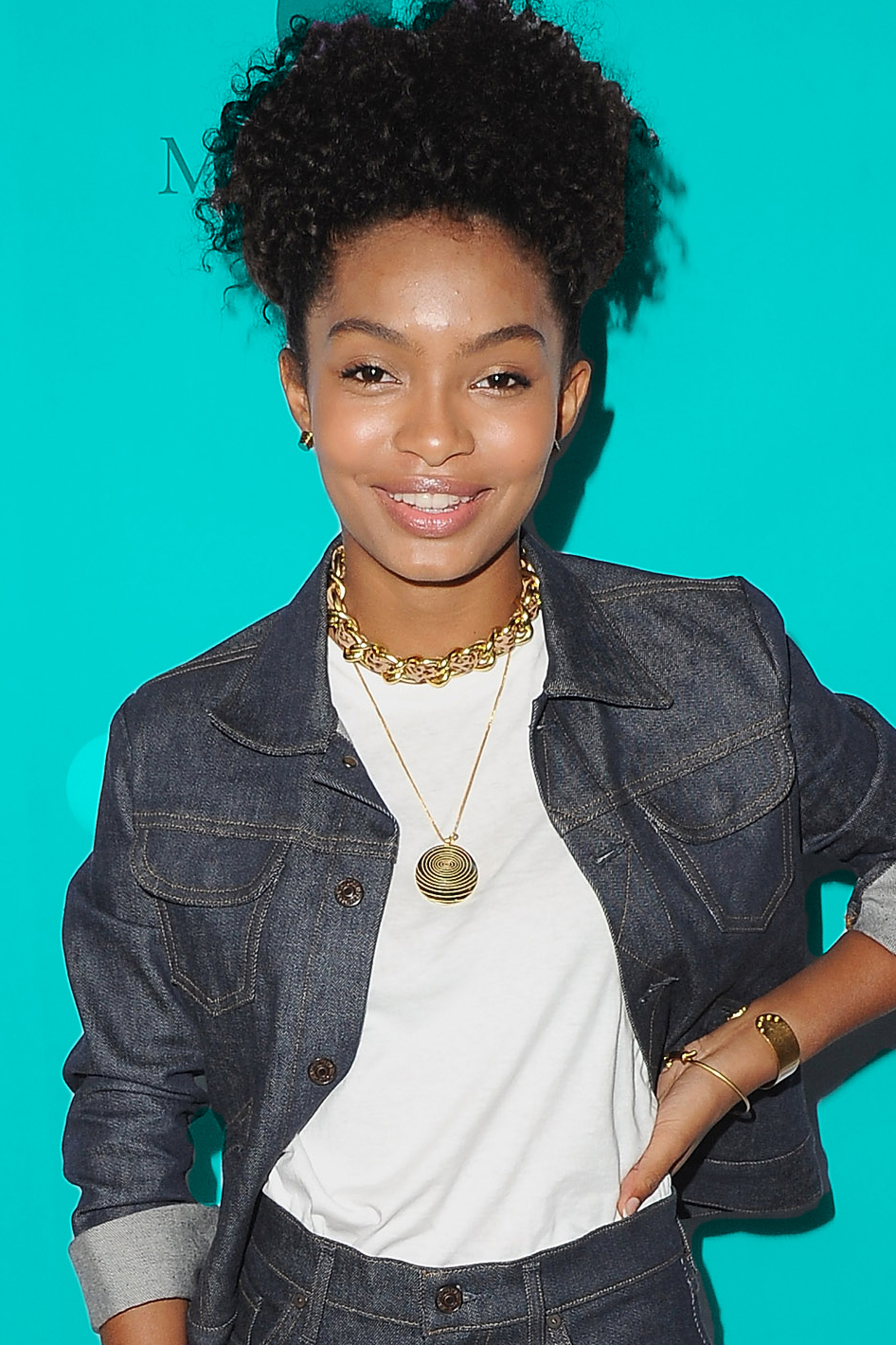
As an actress of African-American and Iranian-American heritage playing a smart, complicated teenager on a popular TV show, Shahidi knows she’s breaking boundaries: black-ish’s Zoey, she has said, “is my activism through art.” But Shahidi, who recently appeared on the cover of Essence, has also become an activist in real life, using her newfound fame to push for more representation and diversity in Hollywood. “If a child grows up never seeing themselves represented as successful or as the hero,” she said in July, “then they are the anomaly if they succeed and the expectation if they fail.” —Daniel D’Addario
James Charles, 17
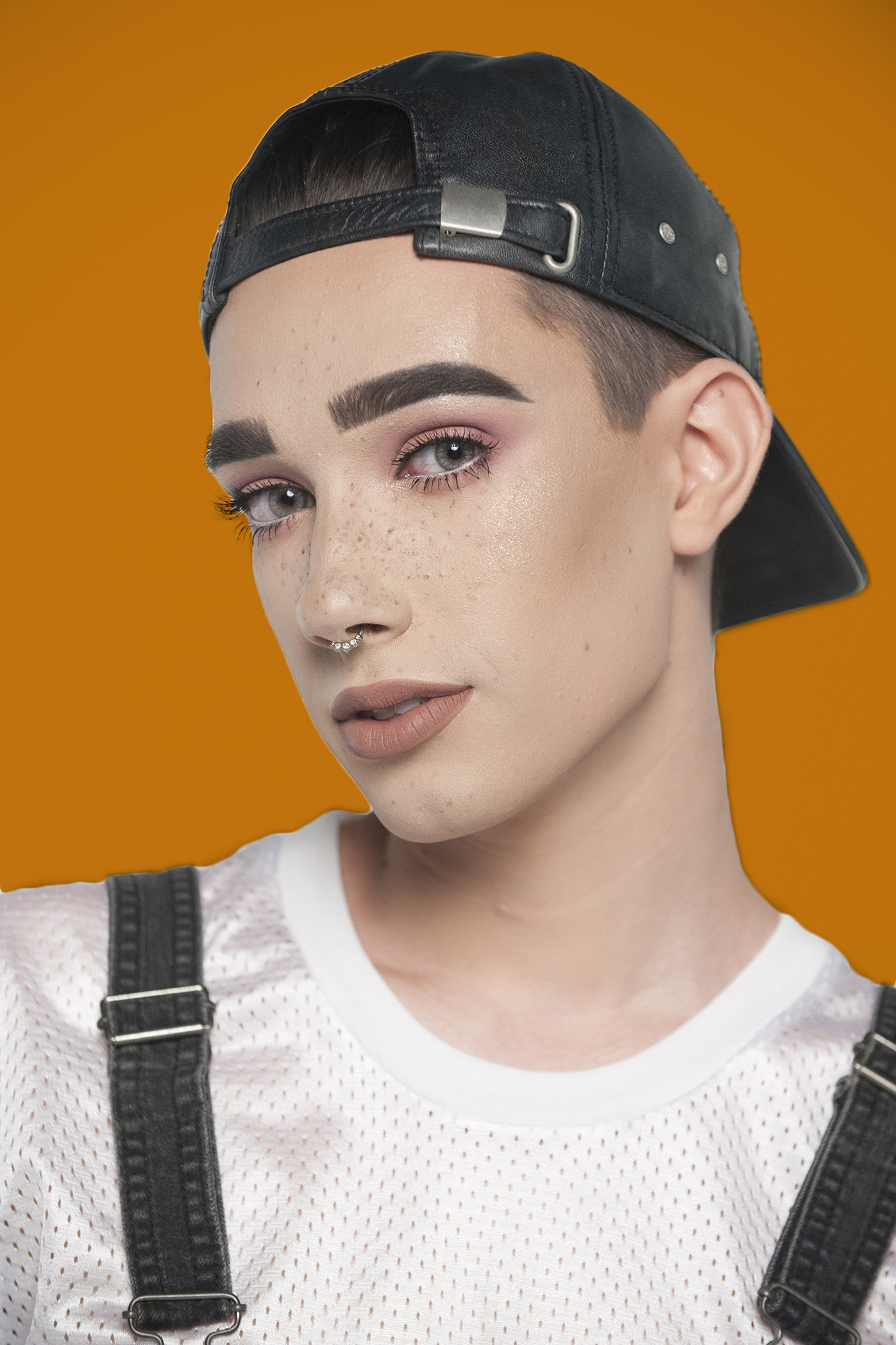
For more than 50 years, CoverGirl models have always been female and often been famous. That all changed with Charles, a high school student from Bethlehem, N.Y. A month after the makeup enthusiast made national headlines for bringing his own ring light to his second senior-picture shoot — he didn’t like how he looked in the first one — CoverGirl named him its first “cover boy.” Now Charles, who has more than 700,000 followers on Instagram, is slated to appear in print, television, and digital campaigns for the cosmetics titan, both by himself and with celebrity brand ambassador Katy Perry. “Hopefully other people will see this,” he told the New York Times, and get inspired to “express themselves in a manner they haven’t been comfortable doing before.” —Cady Lang
Sumail Hassan, 17
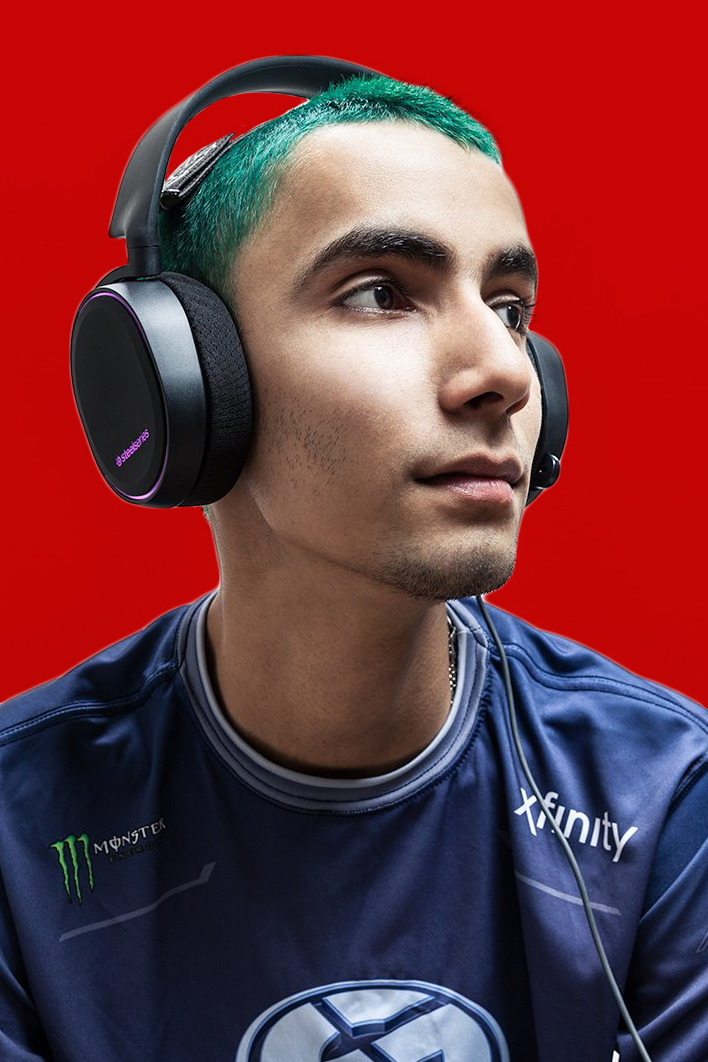
When Hassan was seven, growing up in Karachi, he sold his bike—at a very, very deep discount—to a stranger. He needed some change to play video games at an Internet café. “It was bad move,” says Hassan, with a laugh. Not really. Ten years later, Hassan has become the youngest person ever to earn $1 million playing competitive video games, making him a phenomenon in the rapidly growing world of “e-sports.” (Deloitte estimates competitive-gaming revenues will hit $500 million this year, and high-profile investors include Alex Rodriguez and Shaquille O’Neal.) Hassan’s game of choice is Dota 2, in which experts say he’s a Michael Jordan-like figure in terms of skill. But despite his rising profile, he still puts family first: Hassan recently used some of his prize money—now at $2.3 million and counting—to buy a house for his parents and five siblings, with whom he moved to the U.S. in 2014. —Sean Gregory
Gavin Grimm, 17
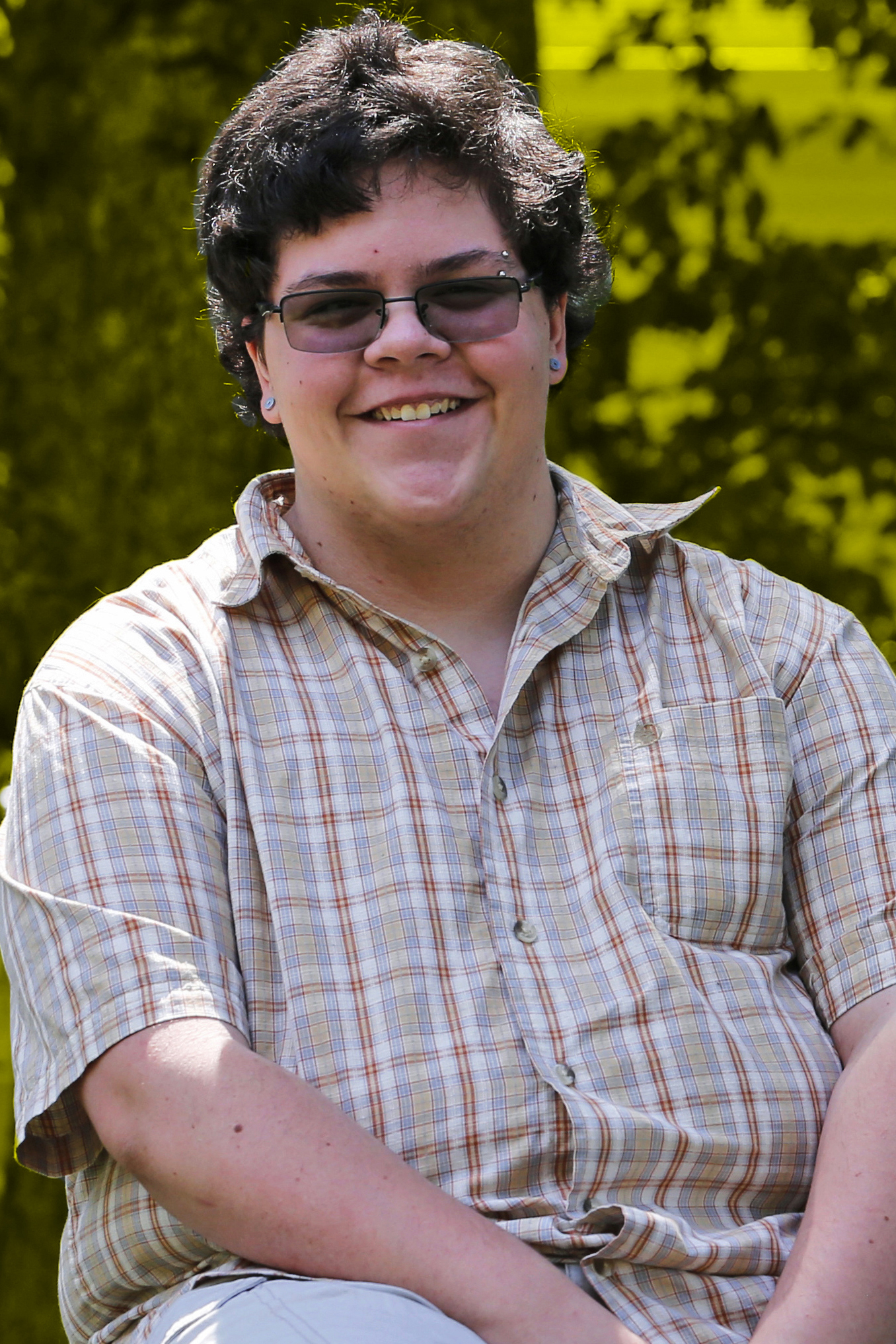
No less an authority than the Supreme Court may soon weigh in on where this Virginia student can go to the bathroom. Grimm, who is transgender, has become a poster child in America’s culture war over LGBT rights. After teaming up with the American Civil Liberties Union to sue his school district for banning him from the boys’ bathroom, he was subjected to enormous scrutiny by the media and people in his community. The precedent his case sets could affect the lives of thousands that come after him. “It was never a question of ‘Do we do this?'” says the high school senior. “It’s just not in my nature to give up so easily when my rights are being violated.” —Katy Steinmetz
Amandla Stenberg, 17
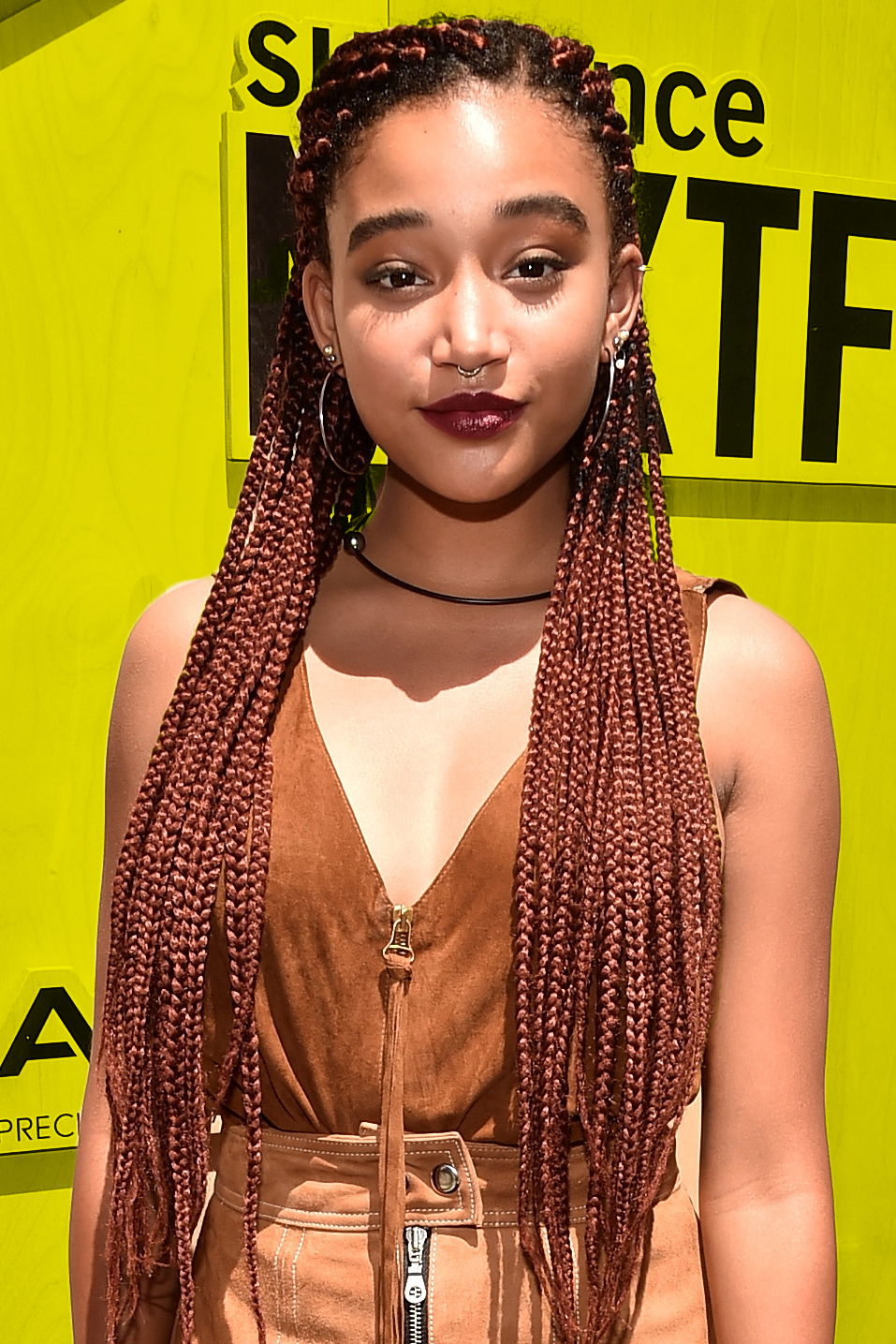
Since mainstream audiences met her as Rue in the first Hunger Games movie, Stenberg has become one of her generation’s leading social activists, especially regarding race, representation and gender identity. As a result, she’s earned some high-profile admirers. Among them: Gloria Steinem, who sat for a one-on-one interview with Stenberg for Teen Vogue, and Beyoncé, who cast Stenberg in Lemonade—and told her she wants her own daughter, Blue Ivy, “to be just like her”. (“I felt like I had reached nirvana,” Stenberg recalled of that moment.) Next up: film school at NYU and a role in the Darkest Minds trilogy adaptation. —Ashley Hoffman
Ben Pasternak, 17
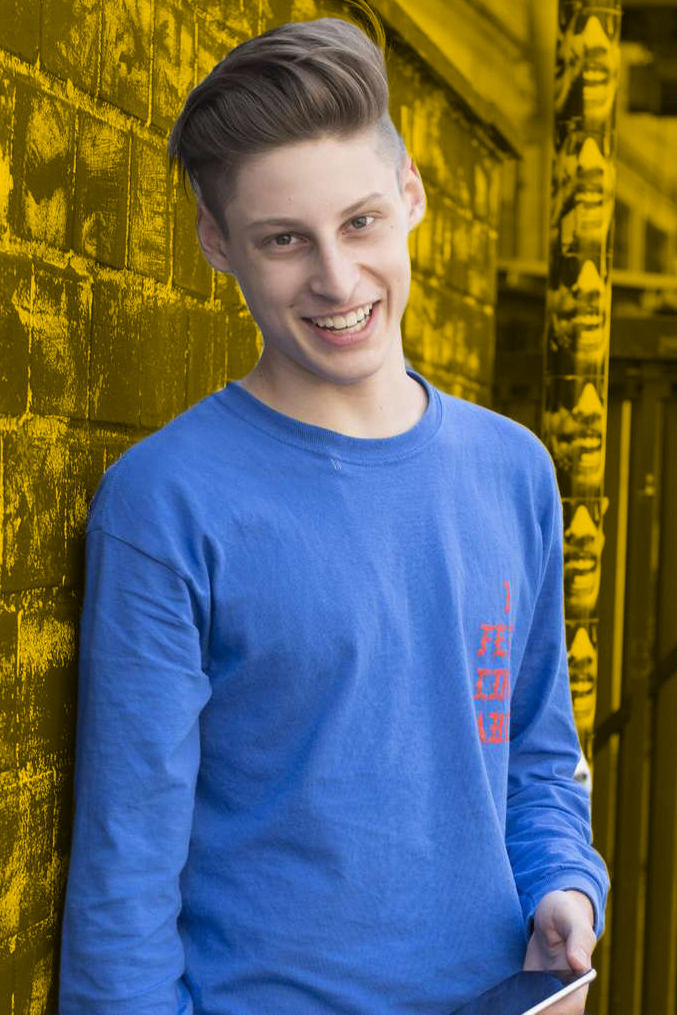
Many teenagers would be scared to move to New York City alone. Not Pasternak, who started making YouTube unboxing videos and creating successful mobile games like Impossible Rush and Impossible Dial in his early teens. Now the Aussie high school dropout is the founder and CEO of Flogg, a Generation Z marketplace app he started building at home in Sydney. He’s already secured millions in seed-stage funding from major venture firms like Greylock and Binary Capital and has been featured on Nightline and in the Wall Street Journal and Teen Vogue, among other outlets. —Raisa Bruner
Zara Larsson, 18
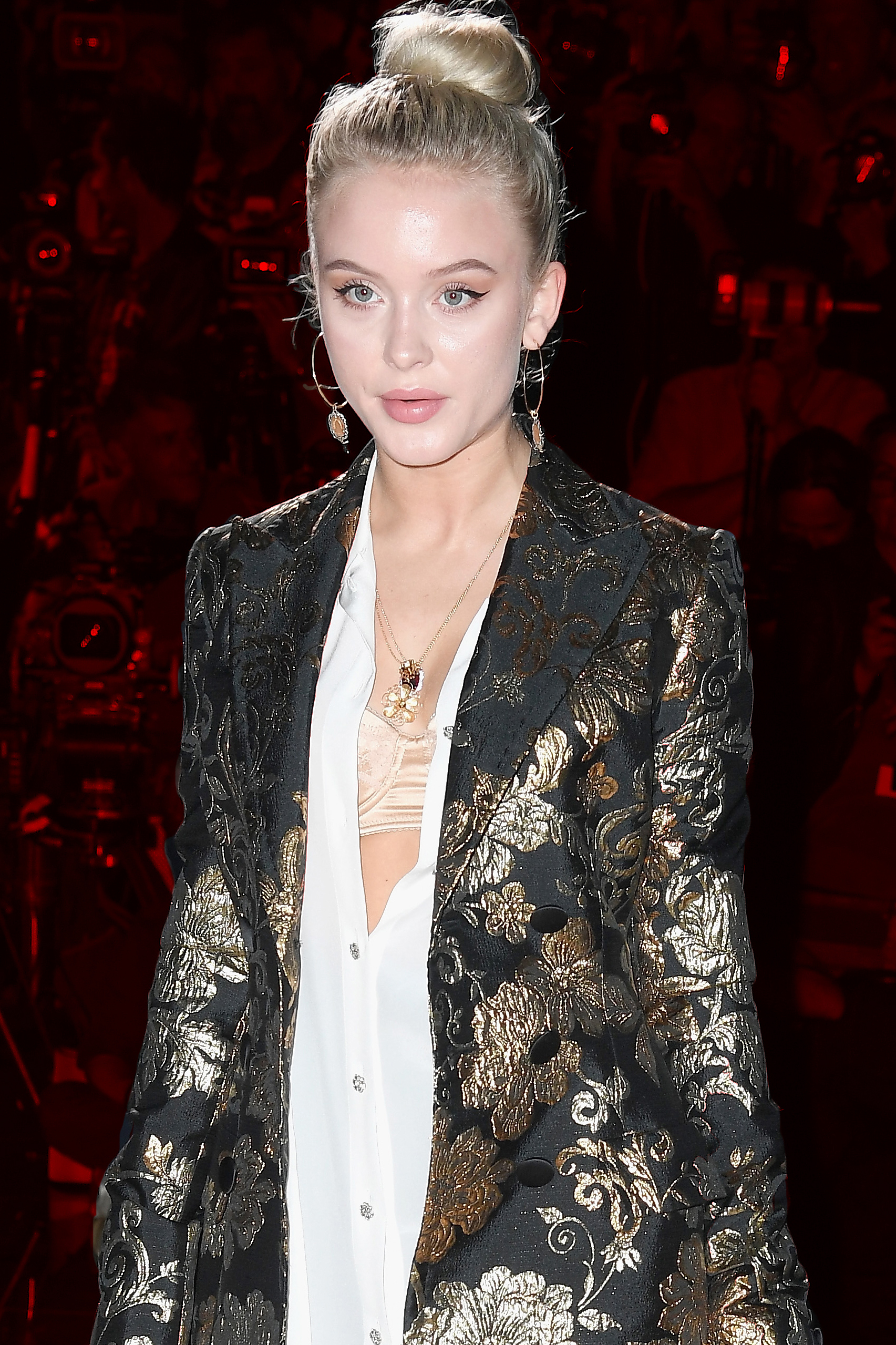
Eight years after winning the Swedish version of America’s Got Talent, Larsson is one of the most promising talents in pop music. This year alone, she has lent her powerful vocals to MNEK’s smash-hit “Never Forget You” and David Guetta’s Euro Cup anthem “This One’s For You.” Her latest single, “Ain’t My Fault,” is an unapologetic ode to female empowerment, as are many of her most talked-about social media posts. —Raisa Bruner
Yusra Mardini, 18
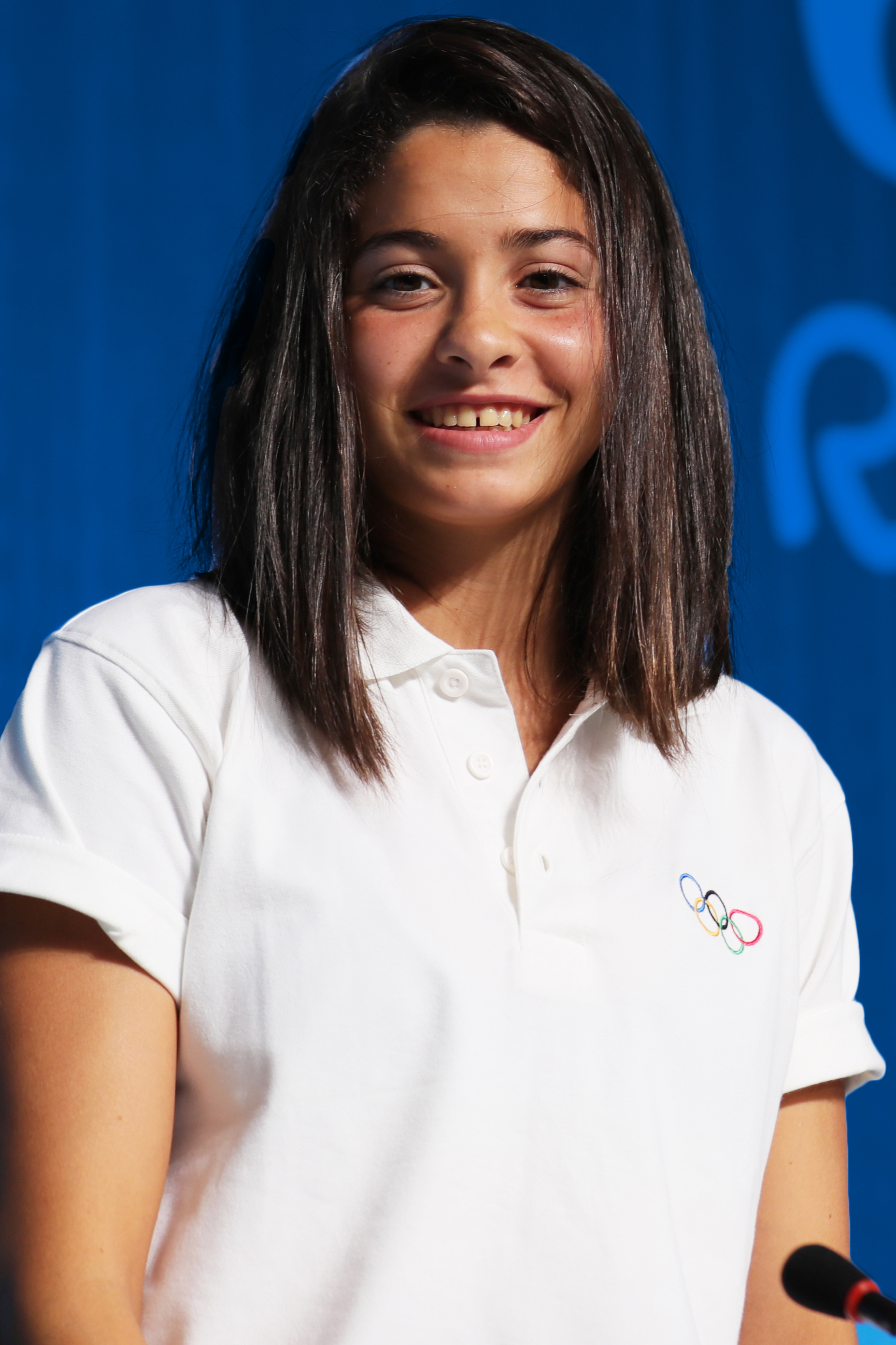
The Syrian-born member of the first-ever Refugee Olympic Team made history at the Rio Games this summer — not because of her blistering times, but because she was the only competitor in the pool who had literally swum for her life. While fleeing her war-torn home country, Mardini, her sister and two other refugees had to pull their broken-down dinghy safely to the shores of Lesbos by swimming for 3 hours in the open waters of the Aegean Sea. Although she didn’t advance to the semi-finals in either of her Olympic events, Mardini nonetheless helped put a face on the struggle and perseverance of the million-plus refugees and migrants who have arrived on European soil in recent months, hoping to find a better life. —Eliza Berman
Jaden Smith, 18
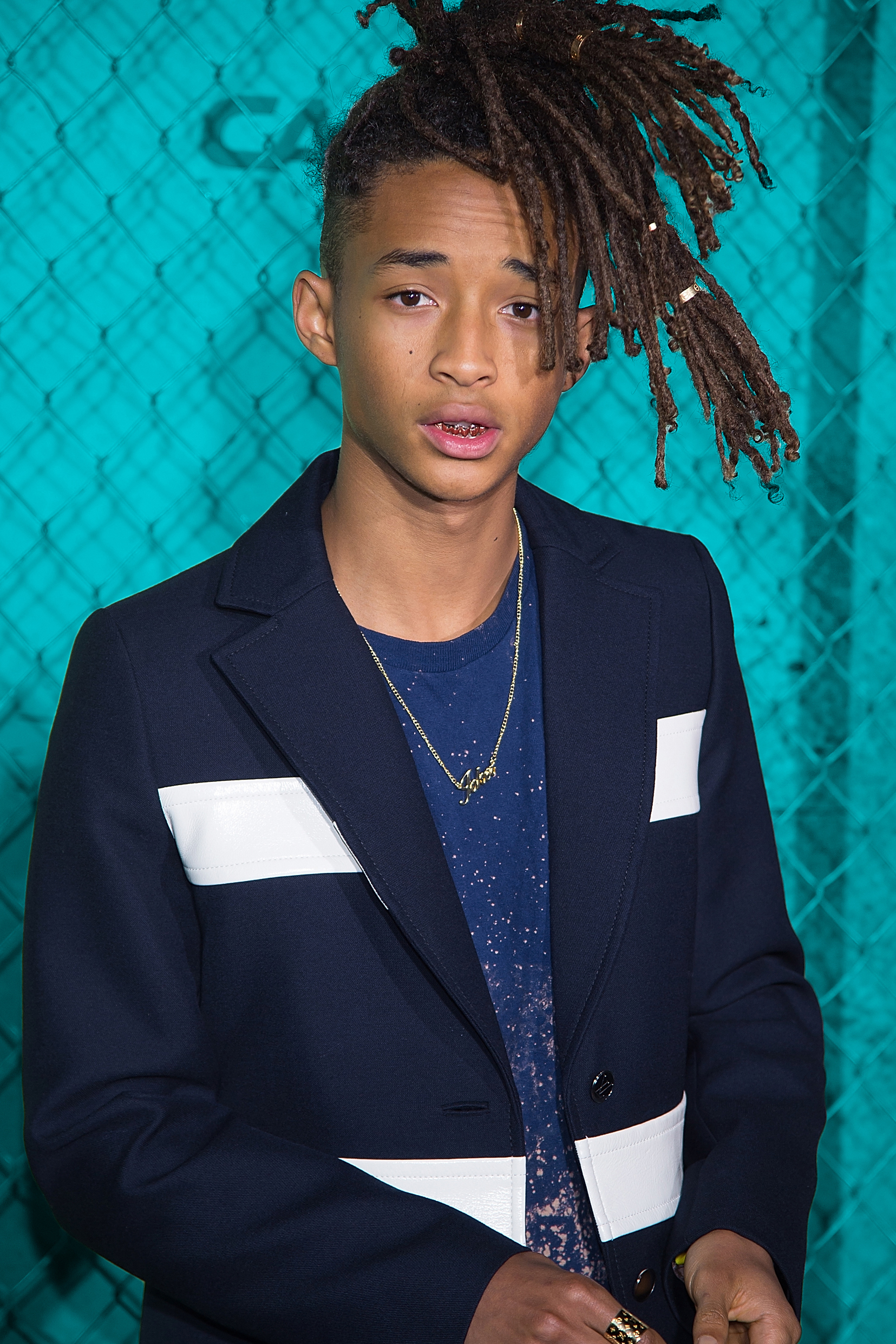
Smith might be the offspring of two established Hollywood celebrities, but he’s building a brand—and a following—by rebelling against mainstream culture. Earlier this year, for example, he wore a skirt in a widely covered ad campaign for Louis Vuitton. He also started a clothing line and arts collective called MSFTSrep, in an attempt, he said, to subvert traditional gender norms. ““[MSFTS is for] the girl that wants to be a tomboy or the boy that wants to wear a skirt, and people try to condemn,” he told Variety. “We’re here for you. Tell us your stories.” The notorious Twitter philosopher also launched sustainable water bottle company JUST and appeared in Netflix’s The Get Down. —Raisa Bruner
Shawn Mendes, 18
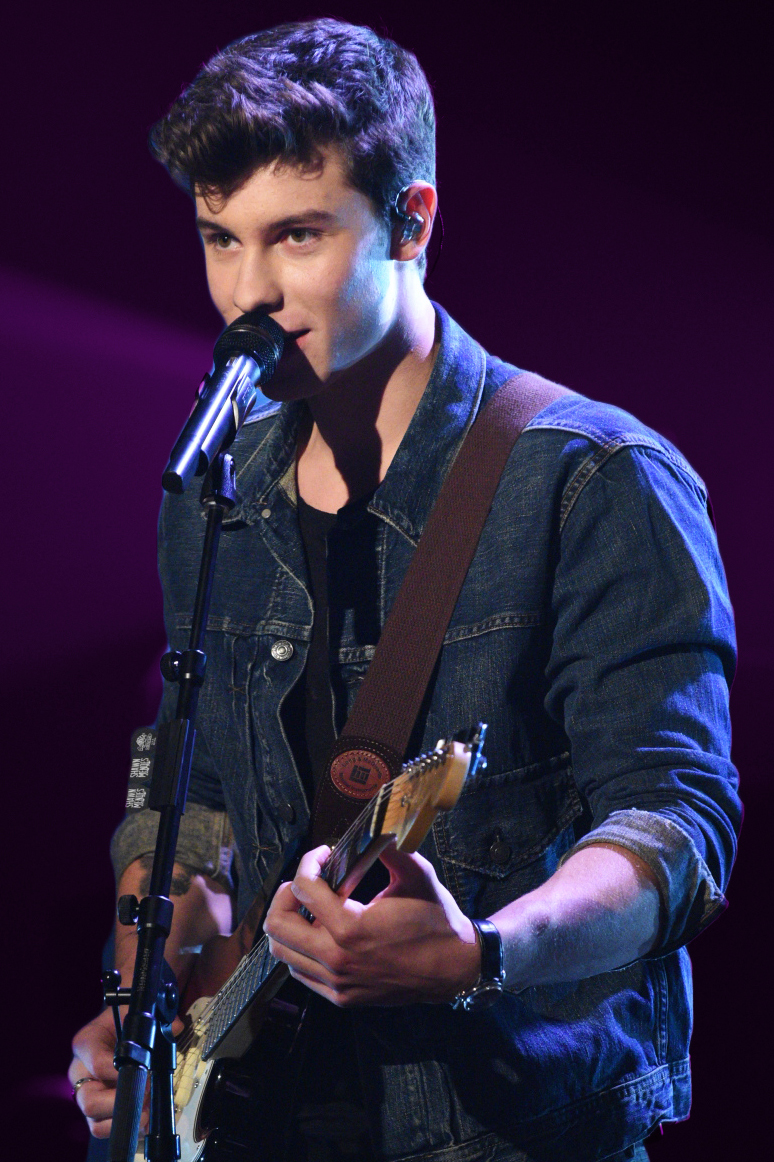
Although the path from Internet sensation to credible musician isn’t always smooth, Mendes, who got his start on Vine, has spent the past year conquering singles charts with hits like “Treat You Better” and “Mercy” and showing off songwriting chops on his second LP, Illuminate (which debuted at #1 on the Billboard 200). He’s also widely regarded as a role model who loves to share, as he puts it, “positive thoughts” on Instagram and Snapchat. But finding his voice as an adult artist is only half the battle. “The challenges keep changing—adapting to the workload, the fame, the pressure,” he says. “You gotta keep yourself grounded.” —Sam Lansky
Luka Sabbat, 18
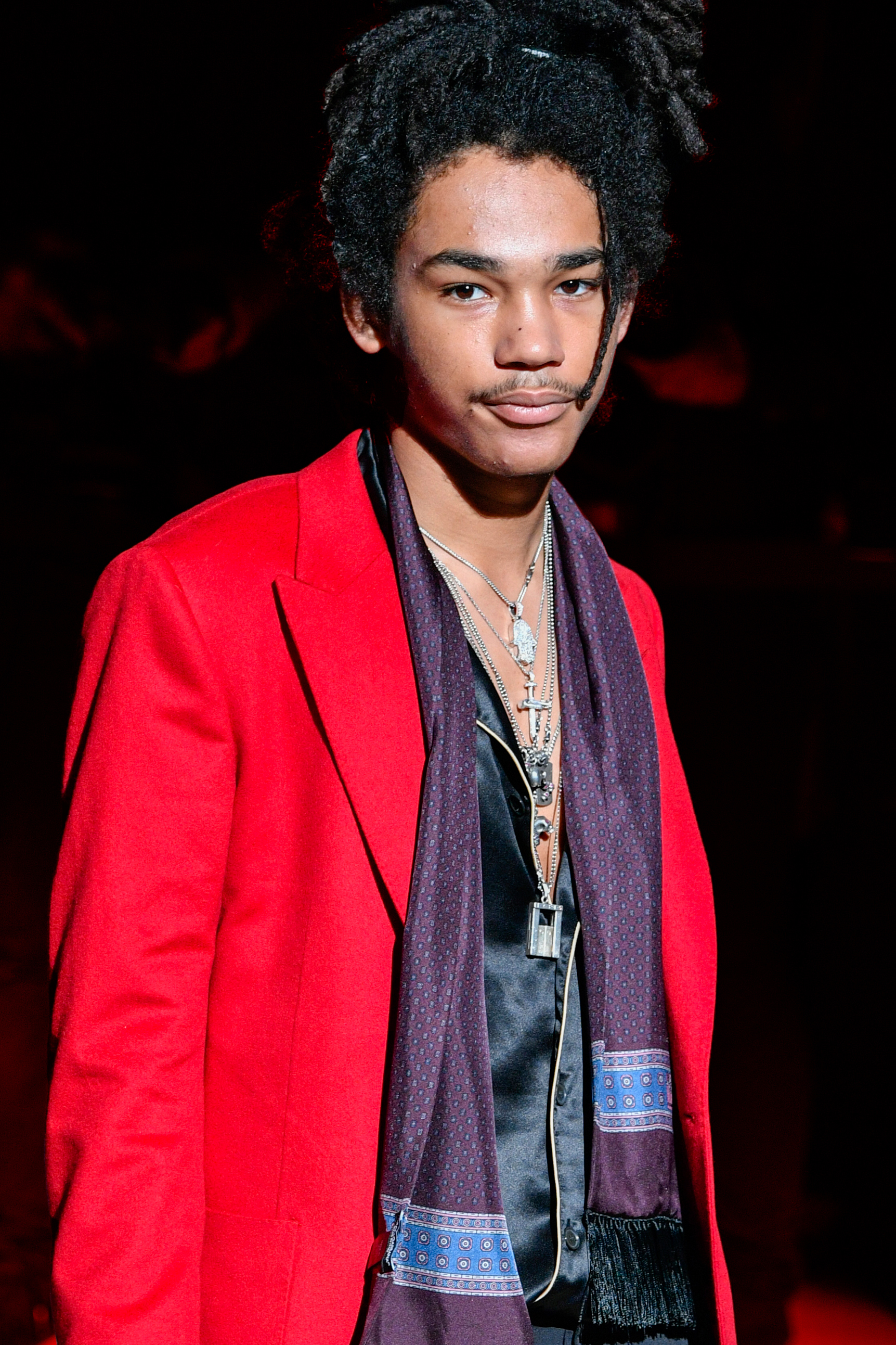
Complex magazine recently called Sabbat “the Internet’s coolest teenager.” If you look at his Instagram feed, it’s easy to see why. The New York native and self-described “stylist-entrepreneur-champion” models for brands like Tommy Hilfiger and Hood by Air; pals around with celebrities like Jaden Smith, Zoe Kravitz and Kanye West; and when he went to prom, Tom Ford personally sent him a suit to wear. When he first started using social media, “I was blind to it, my influence,” he told the New York Times. “But for some reason, people were really into me. I don’t know why.” Next up: collaborating with Gianni Monini on a line of jewelry. —Cady Lang
Katie Ledecky, 19
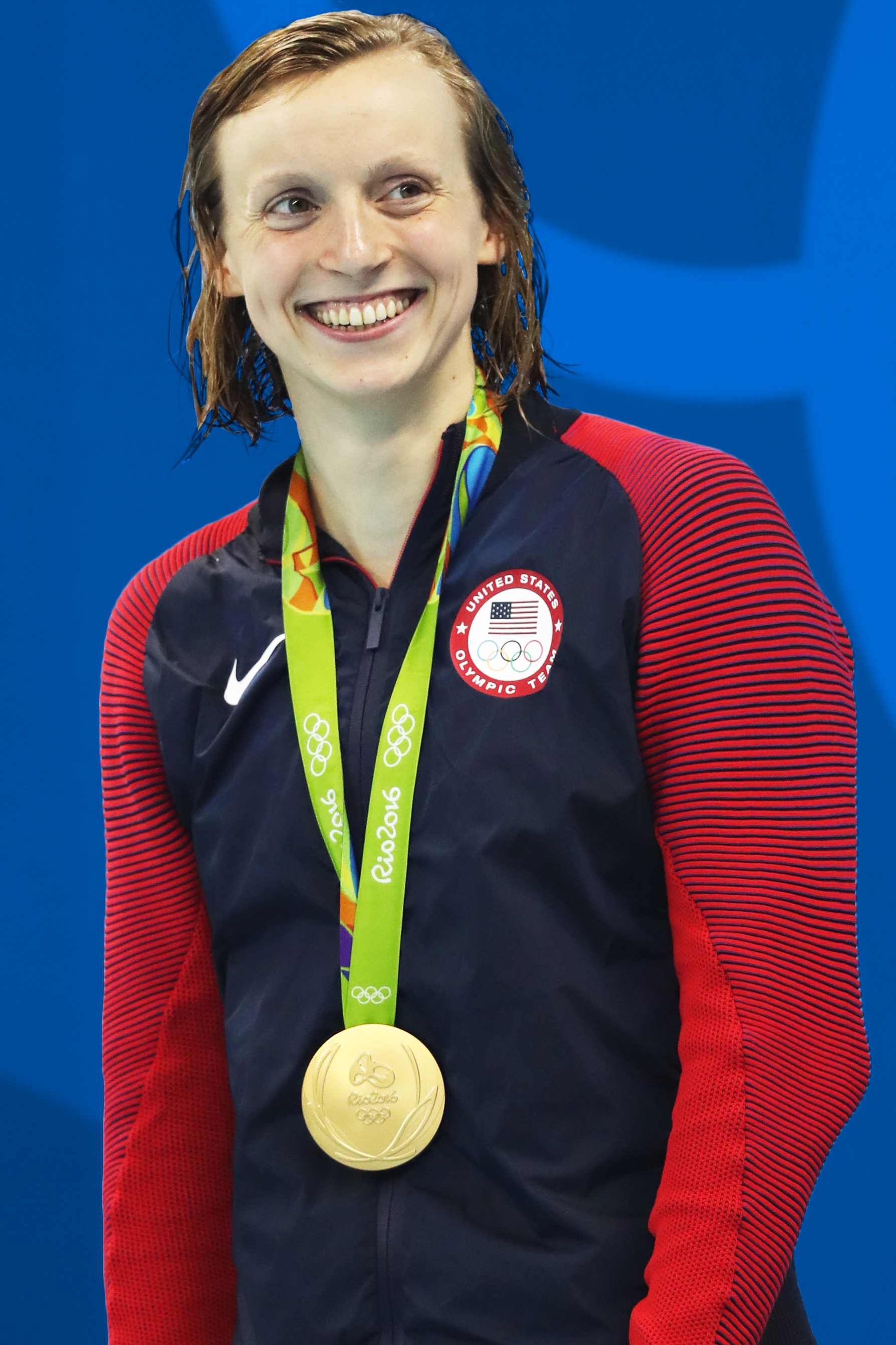
When Ledecky swims, few question whether she will win her race. Instead, they wonder whether she will set another world record, obliterating the previous one, which she herself set just a few months before — because that’s exactly what Ledecky did at the Rio Olympics, twice, cementing her status as one of the greatest swimmers in history. Odds are good she’ll be similarly dominant at the next Summer Games in Tokyo. For now, though, the Stanford freshman is focused on a different challenge: experiencing life as a college student. “I want to swim in the NCAA, I want to be with my teammates, I want to go to class with them and compete collegiately,” she says. “I think that’s going to benefit me as a person, so I’m well rounded in both school and swimming, and in everything else I’m doing.” So far, the plan is working. She won her first race at Stanford — fittingly, a relay with her teammates. —Alice Park
Correction: The original version of this story misstated Katie Ledecky’s age. She is 19.
George Matus, 19
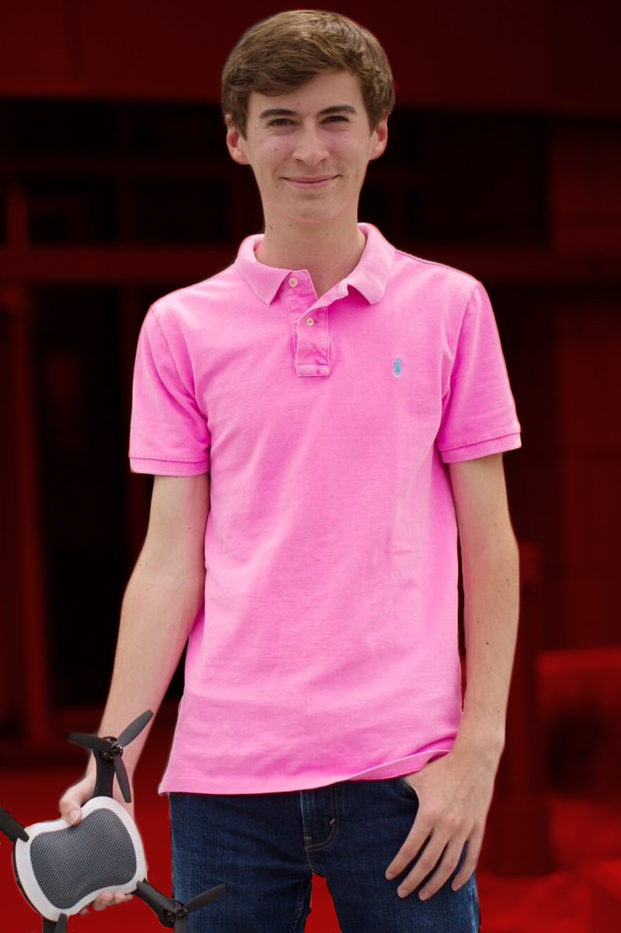
Matus has been flying drones since the age of 11 and building them since 12. Now he runs his own startup, Teal, whose first consumer drone can soar at 70 miles per hour, which is notably faster than many rivals. And venture capitalists are eager to invest: Matus has already scored $100,000 from Peter Thiel’s prestigious fellowship program, and raised $5.8 million in venture capital. Next up: continuing his quest to make flying drones as easy and practical as using apps on a smartphone. —Lisa Eadicicco
Maisie Williams, 19
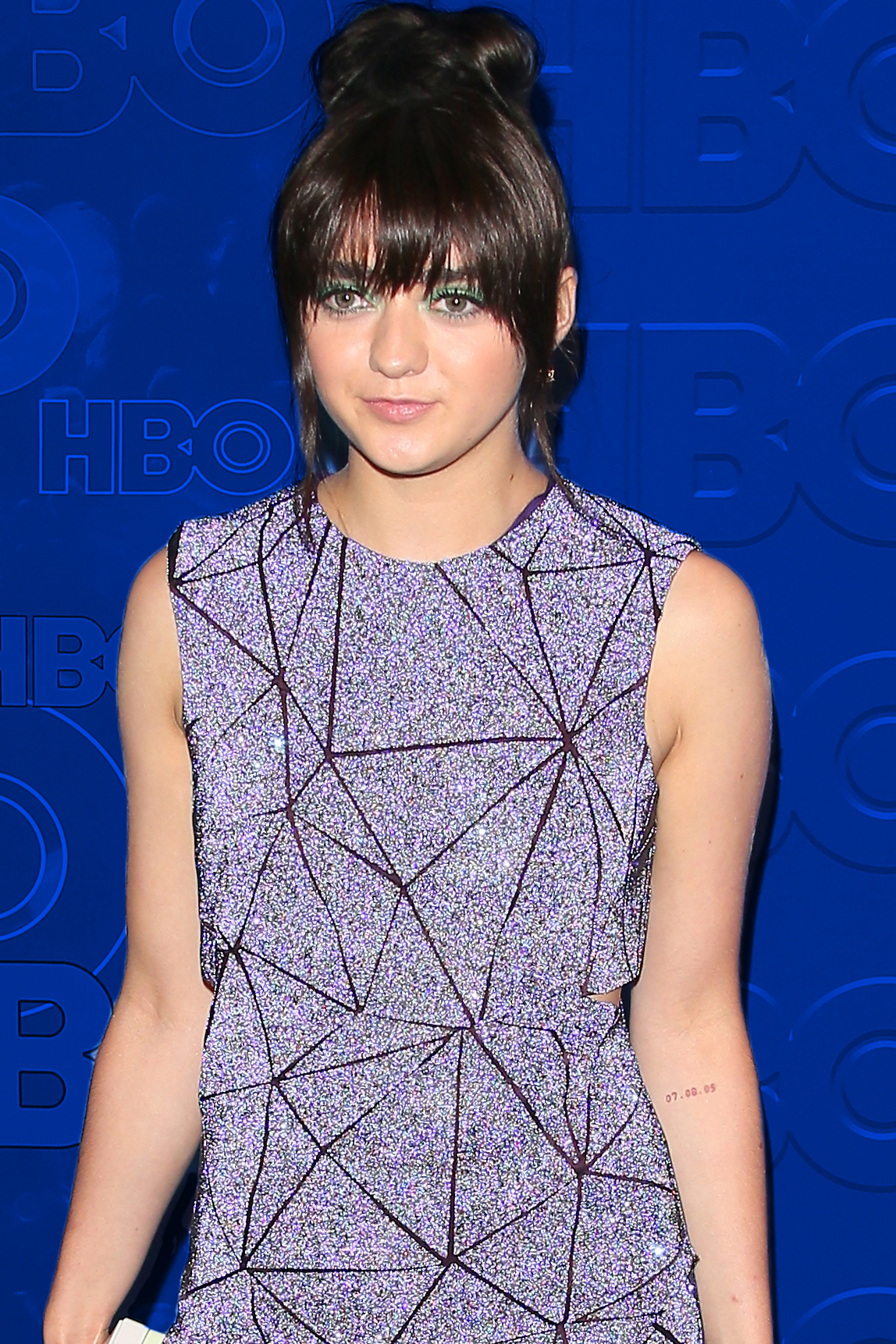
Williams earned her first Emmy nomination this year for her role as Arya Stark on Game of Thrones. But the actress isn’t just one of HBO’s biggest talents—she’s one of the Internet’s most beloved TV stars, able to drive countless headlines with a single tweet, stunt or post, especially if it’s related to the show. Williams also speaks out on a number of social and political issues, including feminism (“You are either a normal person or a sexist”) and the refugee crisis (“Where is the humanity that makes it acceptable for [children] to languish in refugee camps—in Europe?”). —Megan McCluskey
Simone Biles, 19
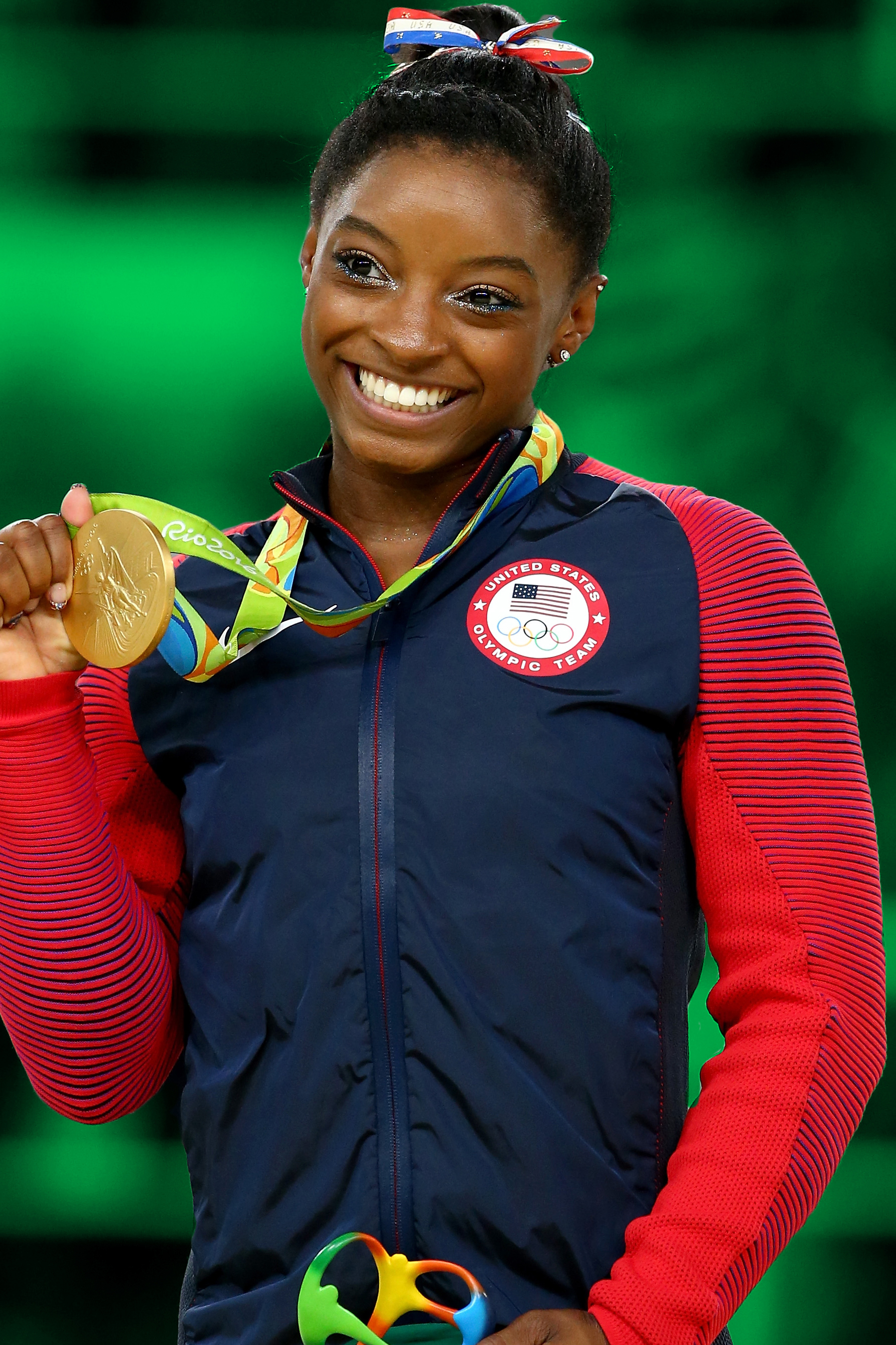
The native Texan has already proven she’s the best gymnast — and one of the best athletes — in the world, first by winning three back-to-back World Championships, then by scoring a record-tying four gold medals in a single Olympics in Rio. Now she’s unwinding on tour with the rest of the Final Five (including Laurie Hernandez, who’s also on this list), and thinking about returning to defend her legacy in 2020. “Most athletes get intimidated once they see how many fans are out there,” says Biles of performing at an Olympic level. “But I love competing, and I think that helps. I feed off the crowd, and the pressure almost calms me in a way. I like to think of it as, I finally get to show off my routines.” —Alice Park
Camila Cabello, 19
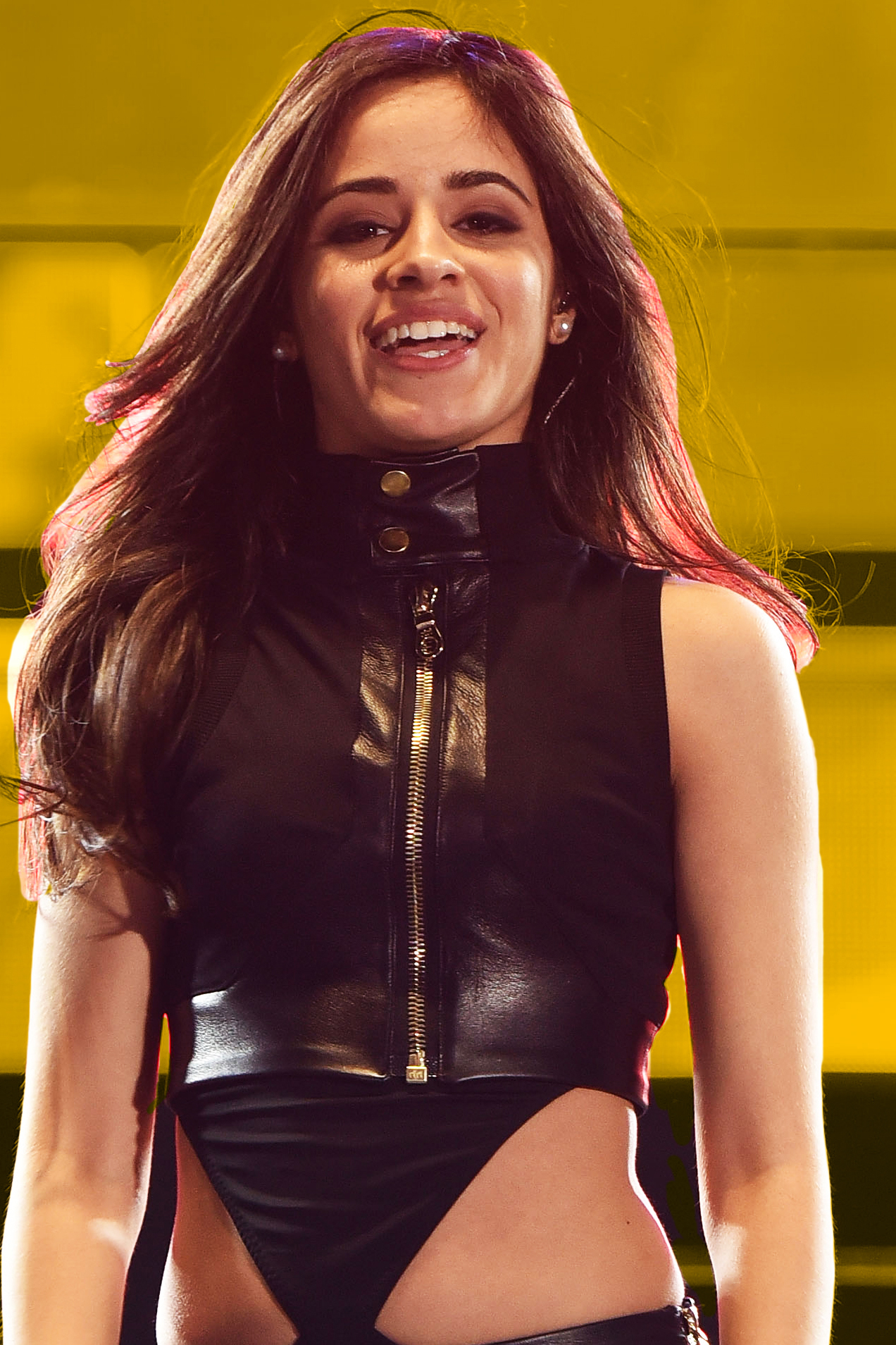
As one-fifth of Fifth Harmony, Cabello has spent the past year dominating music industry charts. (The group’s recent single, “Work From Home,” spent several weeks in the Billboard Hot 100’s top tier; its video logged more than a billion views on YouTube.) But the Cuba native is becoming a name in her own right, as both a recording artist and an activist. Earlier this month, she wrote a powerful essay for PopSugar about her experience immigrating to the U.S. in the mid-2000s—and her opposition to the concept of a border wall. “This country was built on immigrants. People who were brave enough…to leave behind everything we know in hopes of finding something better,” she wrote. “And so next time, when anybody wants to tell you they want to build a ‘wall’ on our border, remember behind that wall is struggle, determination, hunger. Behind that wall could be the next cure for cancer.” —Raisa Bruner
Chloe Grace Moretz, 19
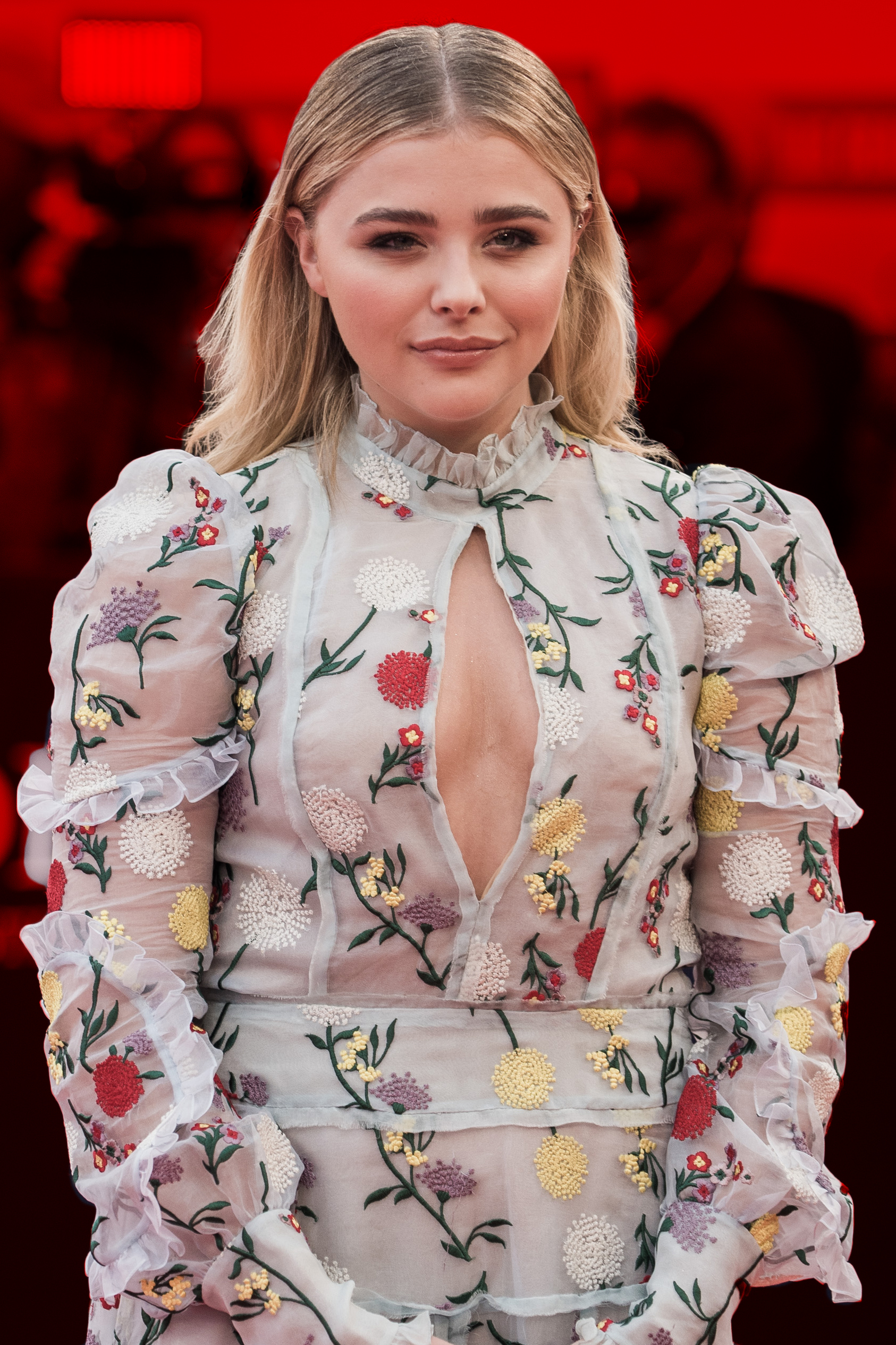
Moretz may be an in-demand actress—starring in films like Neighbors 2, The 5th Wave and Brain on Fire—but she’s making an impact offscreen, as well. This year, she’s spoken out about everything from politics (she appeared at the Democratic National Convention to support Hillary Clinton) to gender stereotypes (she teamed up with Alienware to promote girl gamers) to the merits of nude selfies (she said Kim Kardashian West’s were “voyeuristic” and “inappropriate for young women to see”). Often, those comments generate controversy. And Moretz — like many people her age — is learning from each one. “Being the most opinionated and loud person in the room is not always the most impactful,” she told the Hollywood Reporter. “Sometimes the smartest way to get into the psyche of people is to…let everyone else bicker and throw their words around and then you come in with the quiet voice and that will be the most impactful.” —Daniel D’Addario
Barbie Ferreira, 19
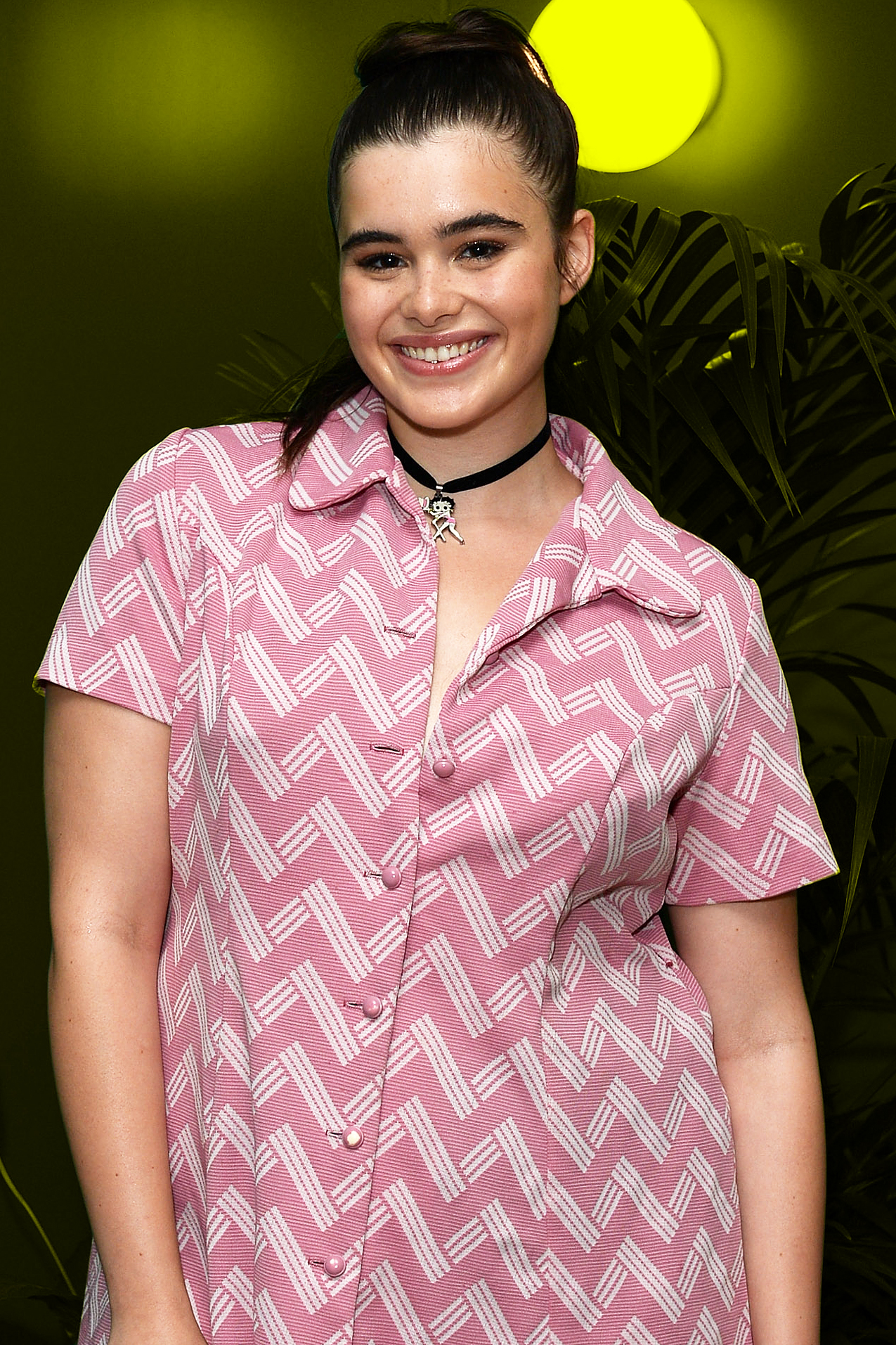
In an industry that often refuses to celebrate more than one body type, Ferreira has become a symbol of change. The model first rose to fame in January, when underwear line Aerie featured unretouched photos of her wearing a string bikini as part of a widely covered ad campaign. Since then, she’s modeled for other progressive brands, including Missguided, starred in a Teen Vogue YouTube series and become an advocate for body positivity. “I don’t think there’s anything wrong with [being called] curvy or plus-size,” Ferreira told TIME earlier this year. “Curvy and plus-size models will just be models once…we get more representation.”—Cady Lang
Malala Yousafzai, 19
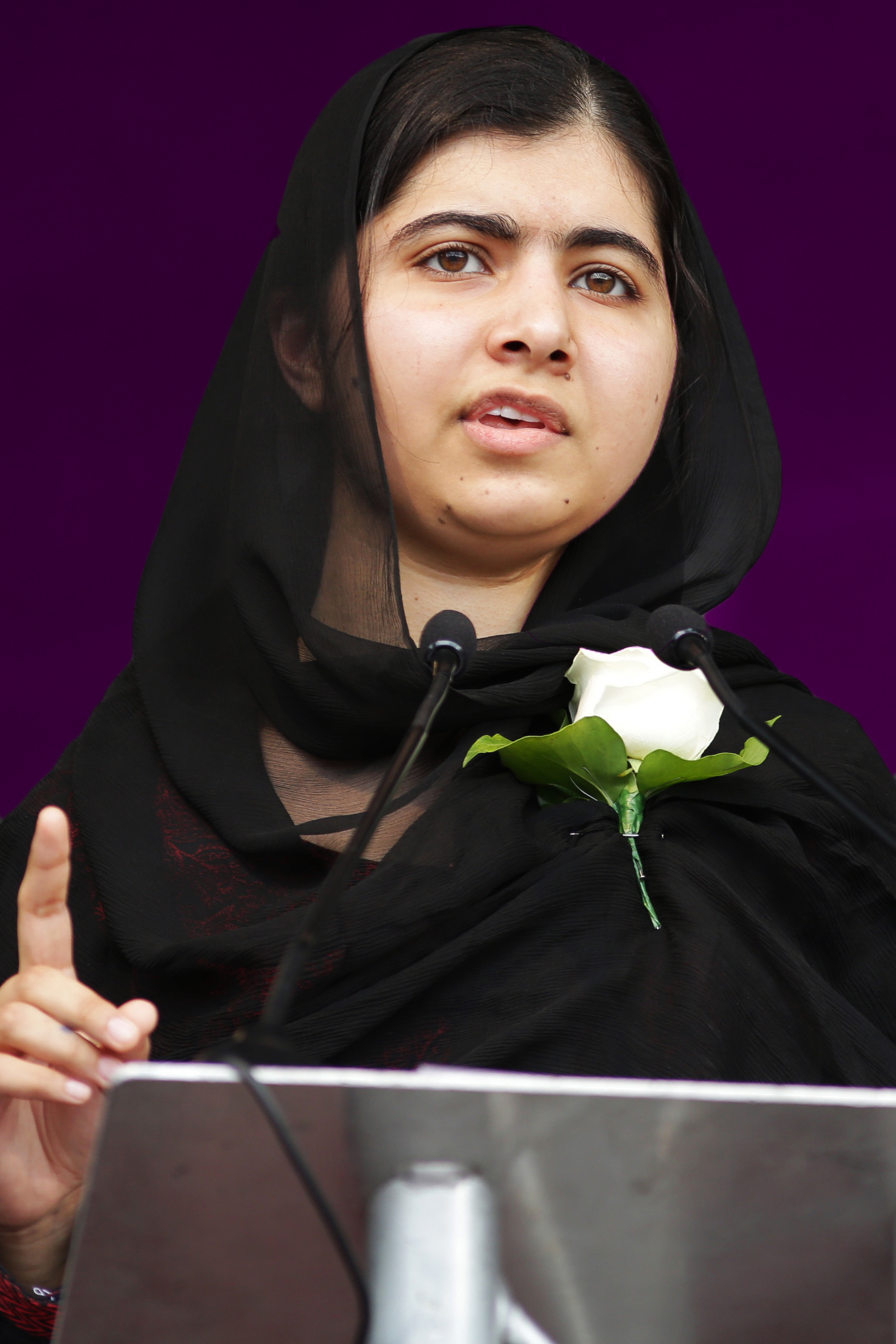
After being shot by the Taliban in 2012 for speaking out against its ban on female education, the Pakistan native went on to become the youngest Nobel laureate ever — receiving the peace prize at the age of 17 — and co-found the Malala Fund to secure girls the right to a minimum of 12 years of quality schooling. Now Yousafzai, once dubbed “the most famous teenager in the world,” is continuing her human rights activism by urging world leaders to set aside $1.4 billion this year toward educating young refugees: “The thought that they won’t be able to go to school in their whole life is completely shocking and I cannot accept it.” —Megan McCluskey
Kylie Jenner, 19
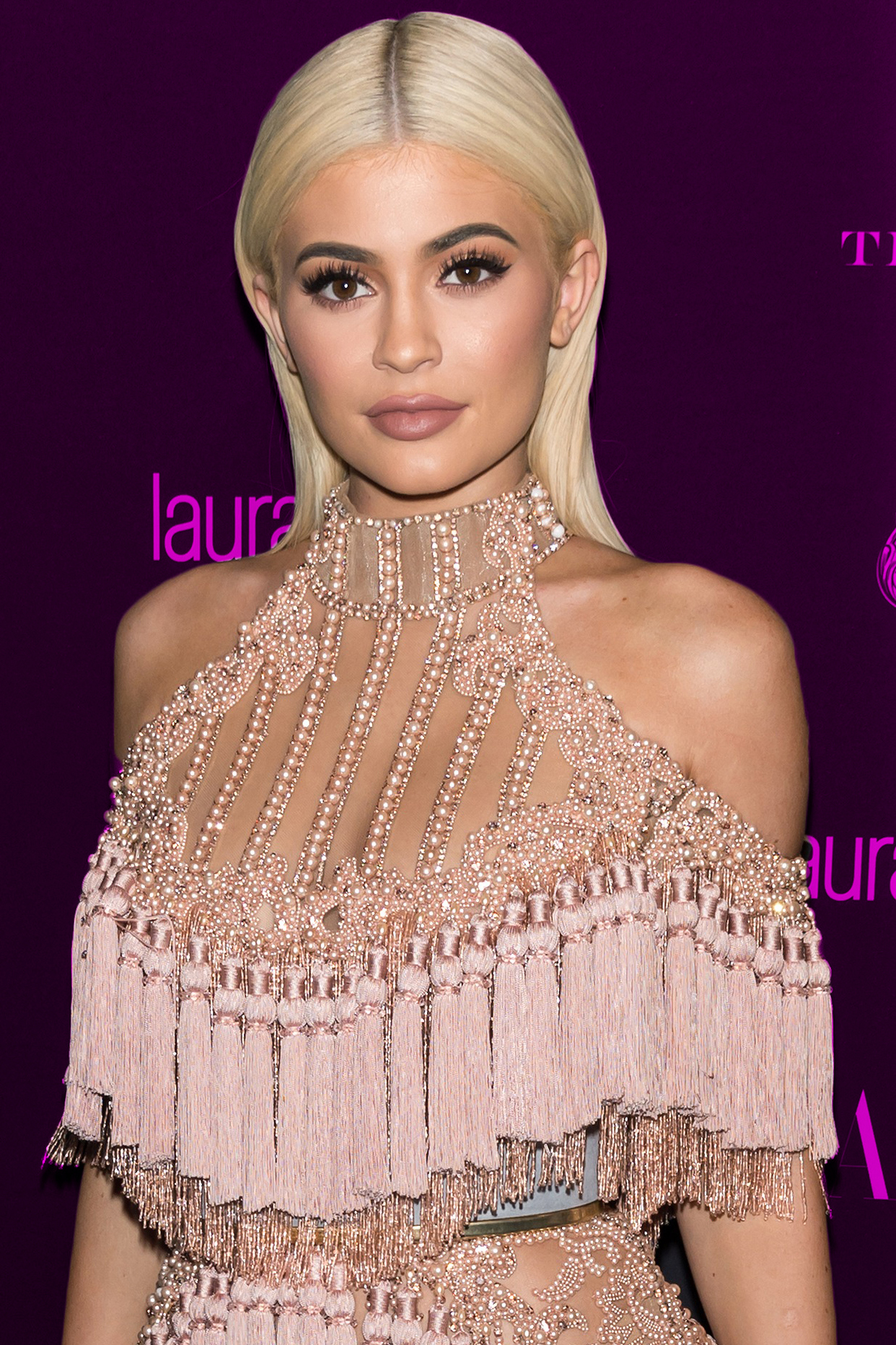
“How Kylie Has Changed Beauty” read the headline when Jenner appeared on the August cover of cosmetics-and-beauty bible Allure. That’s a lofty description for a 19-year-old reality TV star—and one that’s near-impossible to contest. In an age of “natural beauty” and “no-makeup makeup,” Jenner has long stood out for her willingness to experiment with outsize looks—plumping her lips, dying her hair and using bright makeup in bold combinations. That’s gotten her in trouble with critics, who have accused her of cultural appropriation and setting a bad example for fans. But it’s also helped Jenner build a powerful brand, which now includes two successful makeup lines, Kylie Lip Kit and KyShadow, as well as millions of social-media followers who share her passion for reinventions, some lasting only as long as the duration of a Snapchat. —Daniel D’Addario
More Must-Reads from TIME
- Why Biden Dropped Out
- Ukraine’s Plan to Survive Trump
- The Rise of a New Kind of Parenting Guru
- The Chaos and Commotion of the RNC in Photos
- Why We All Have a Stake in Twisters’ Success
- 8 Eating Habits That Actually Improve Your Sleep
- Welcome to the Noah Lyles Olympics
- Get Our Paris Olympics Newsletter in Your Inbox
Contact us at letters@time.com